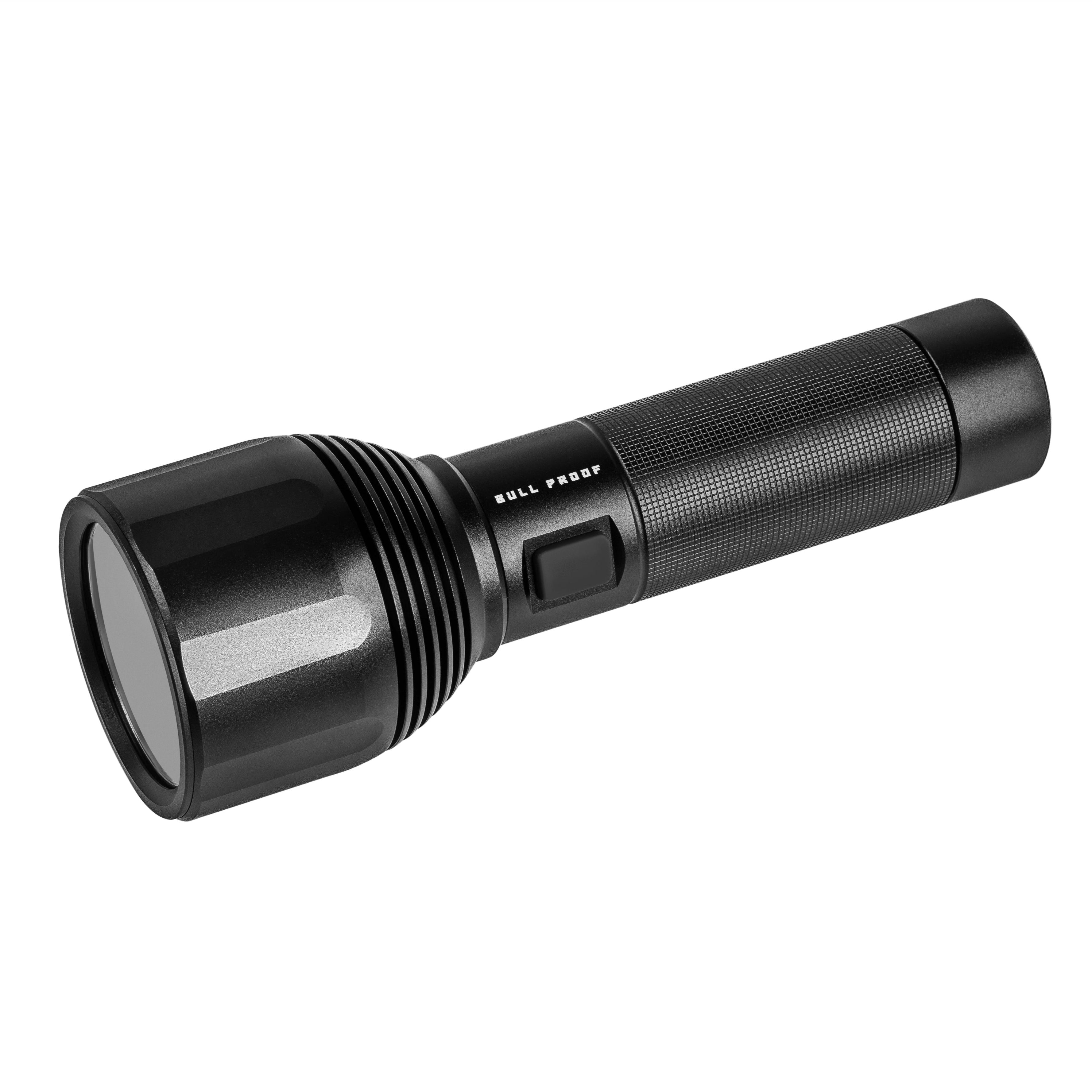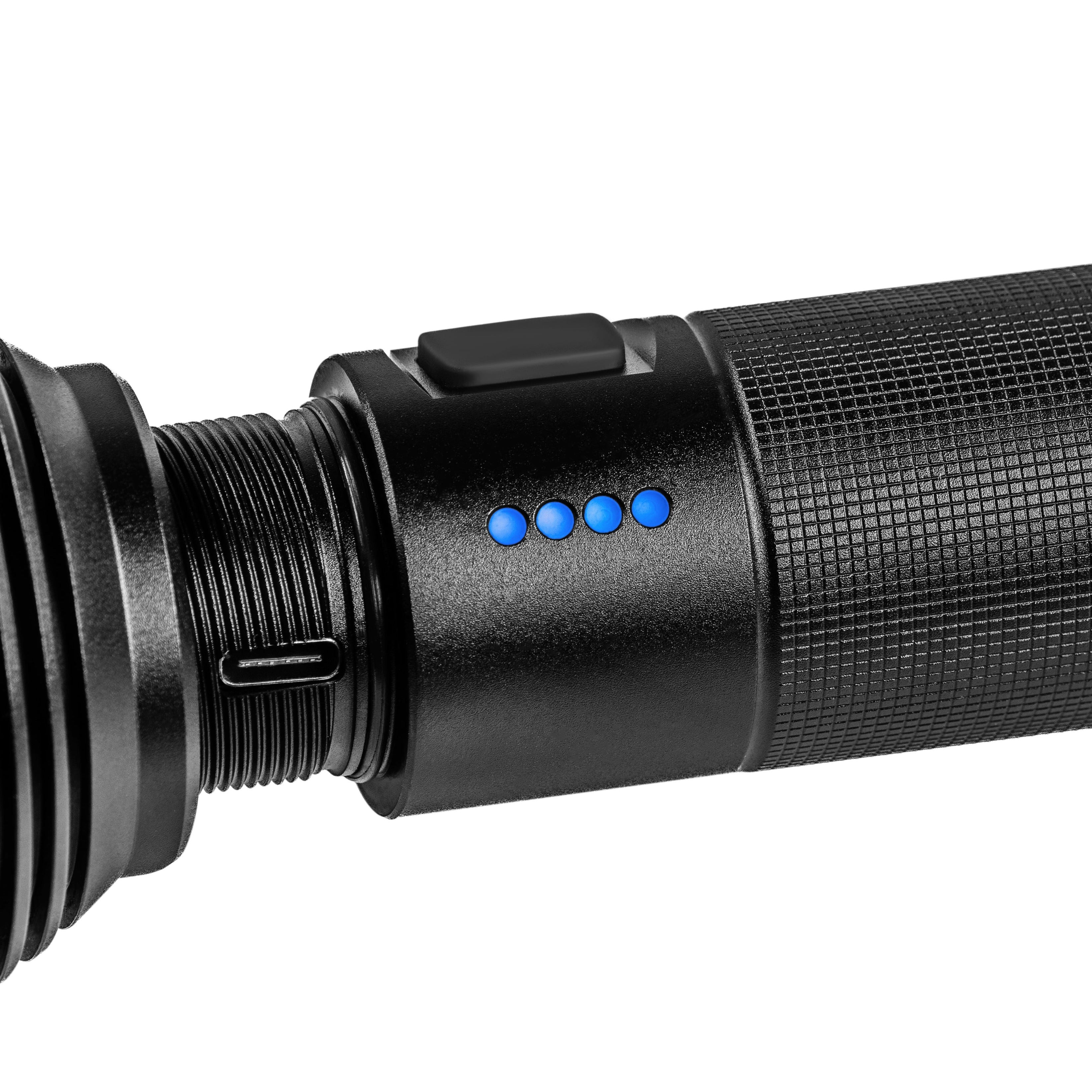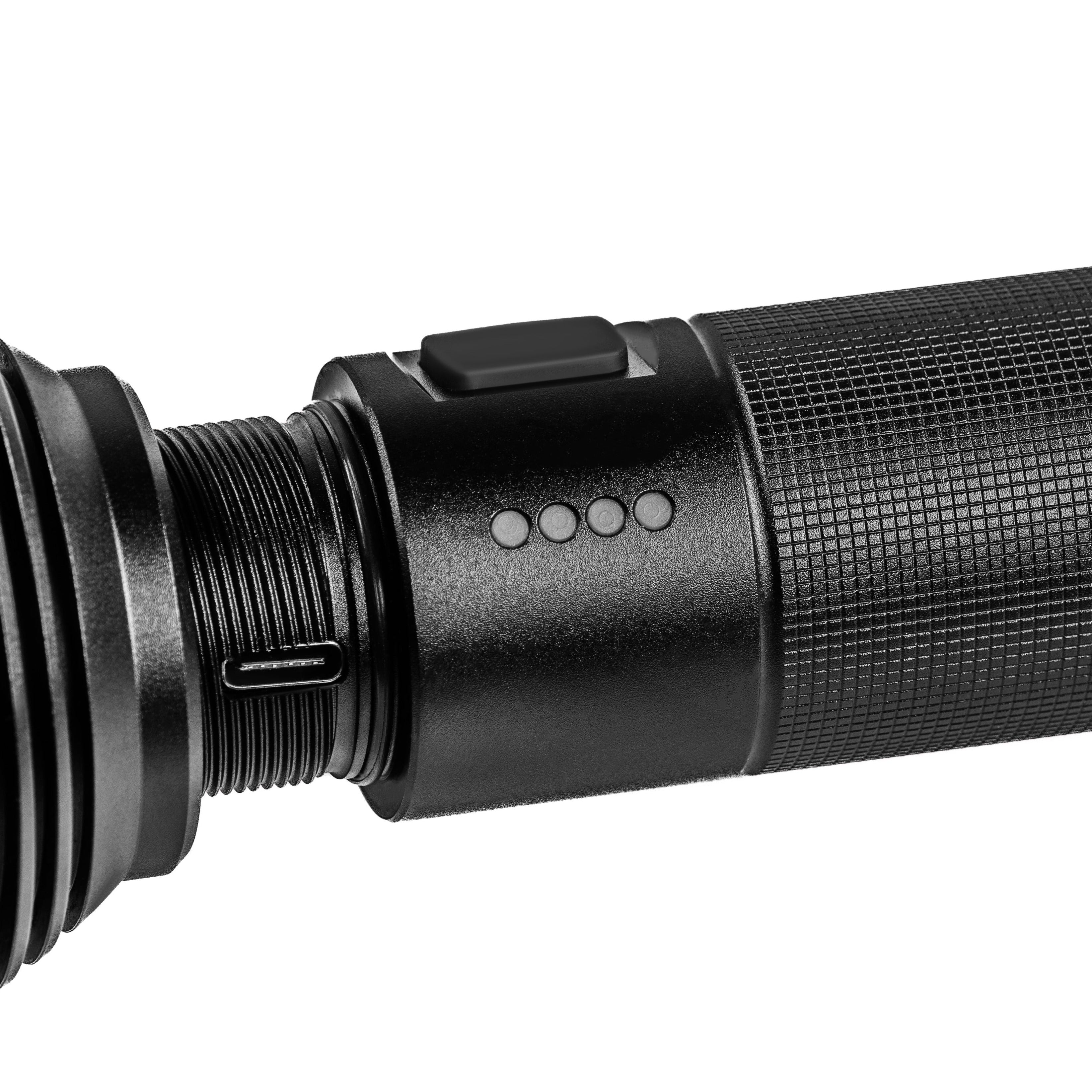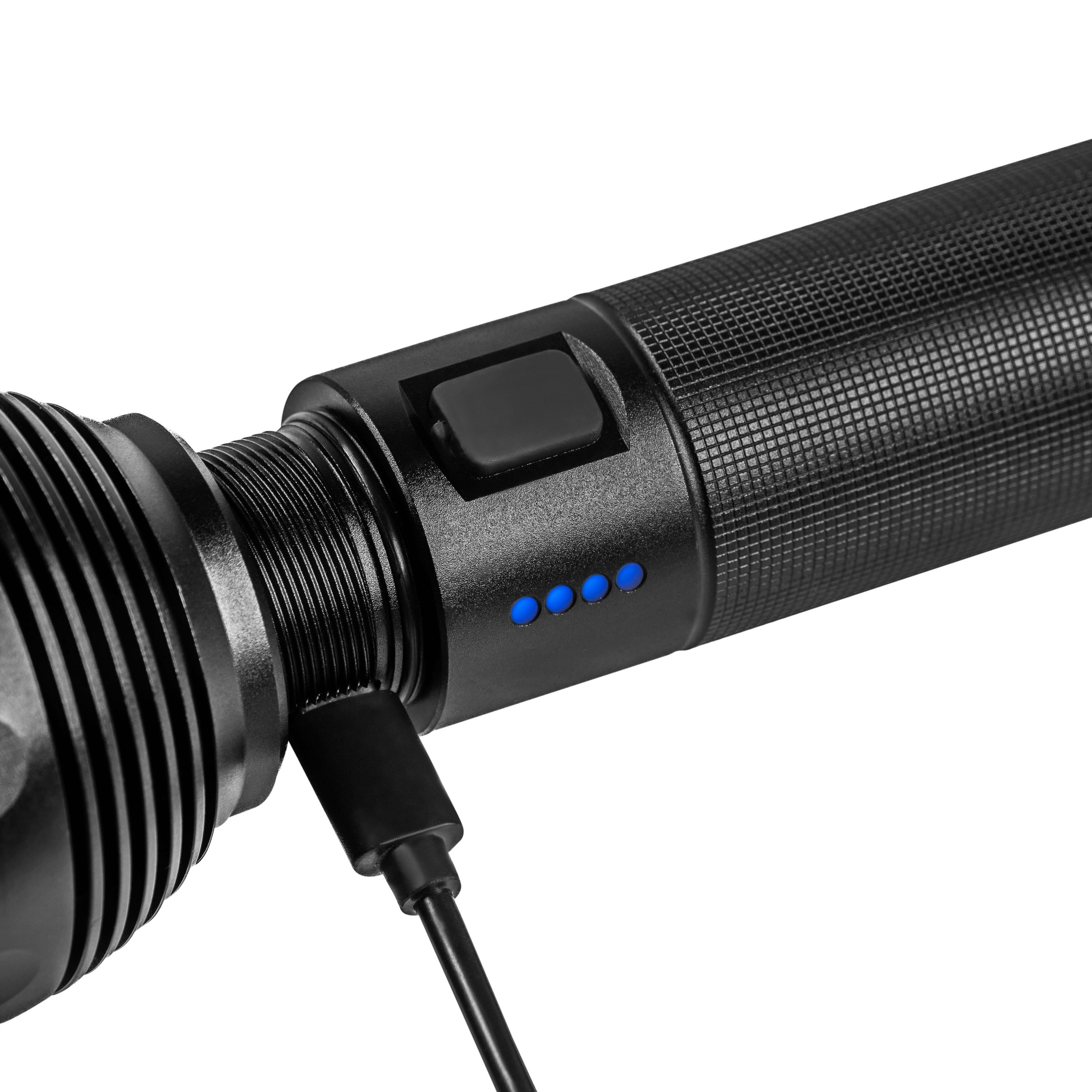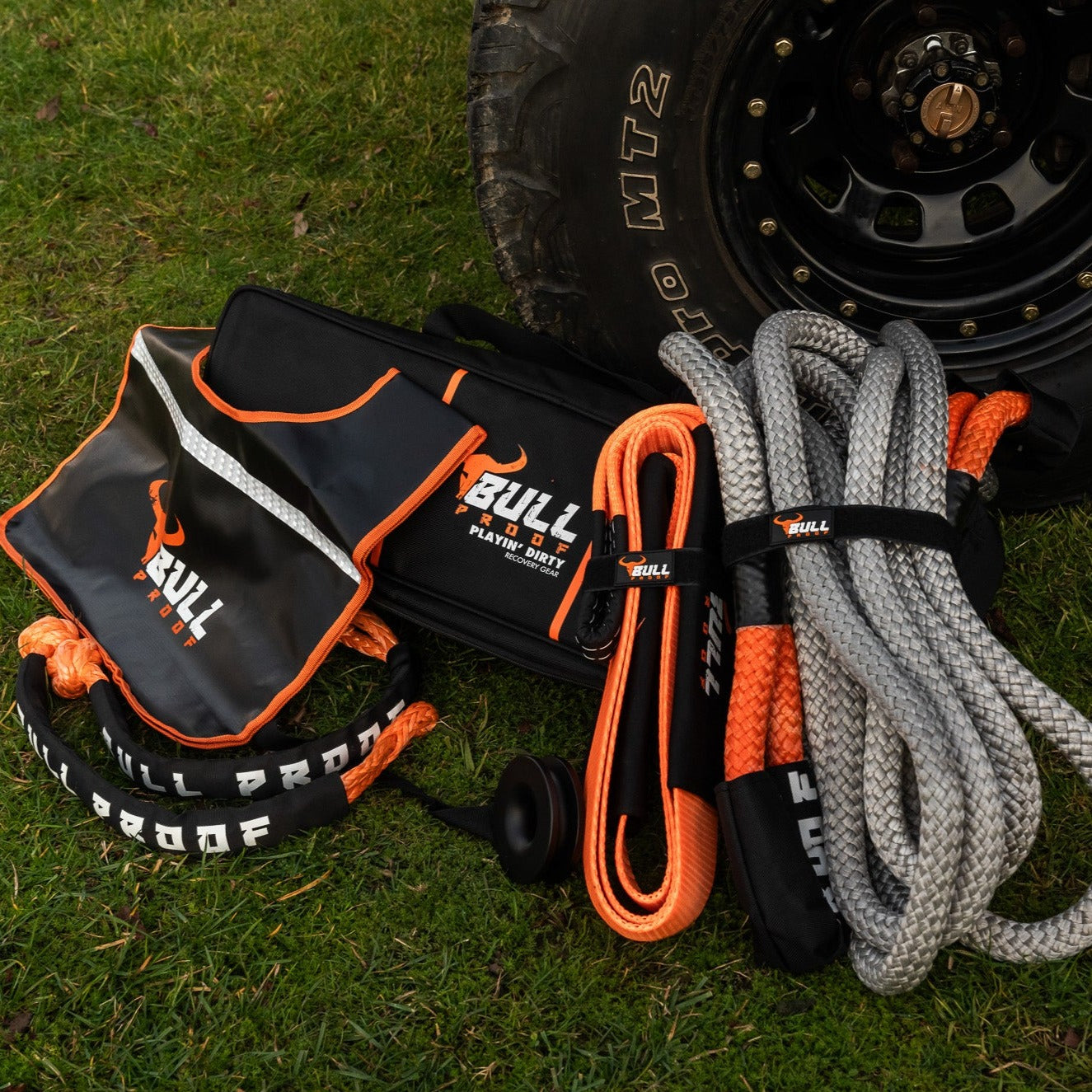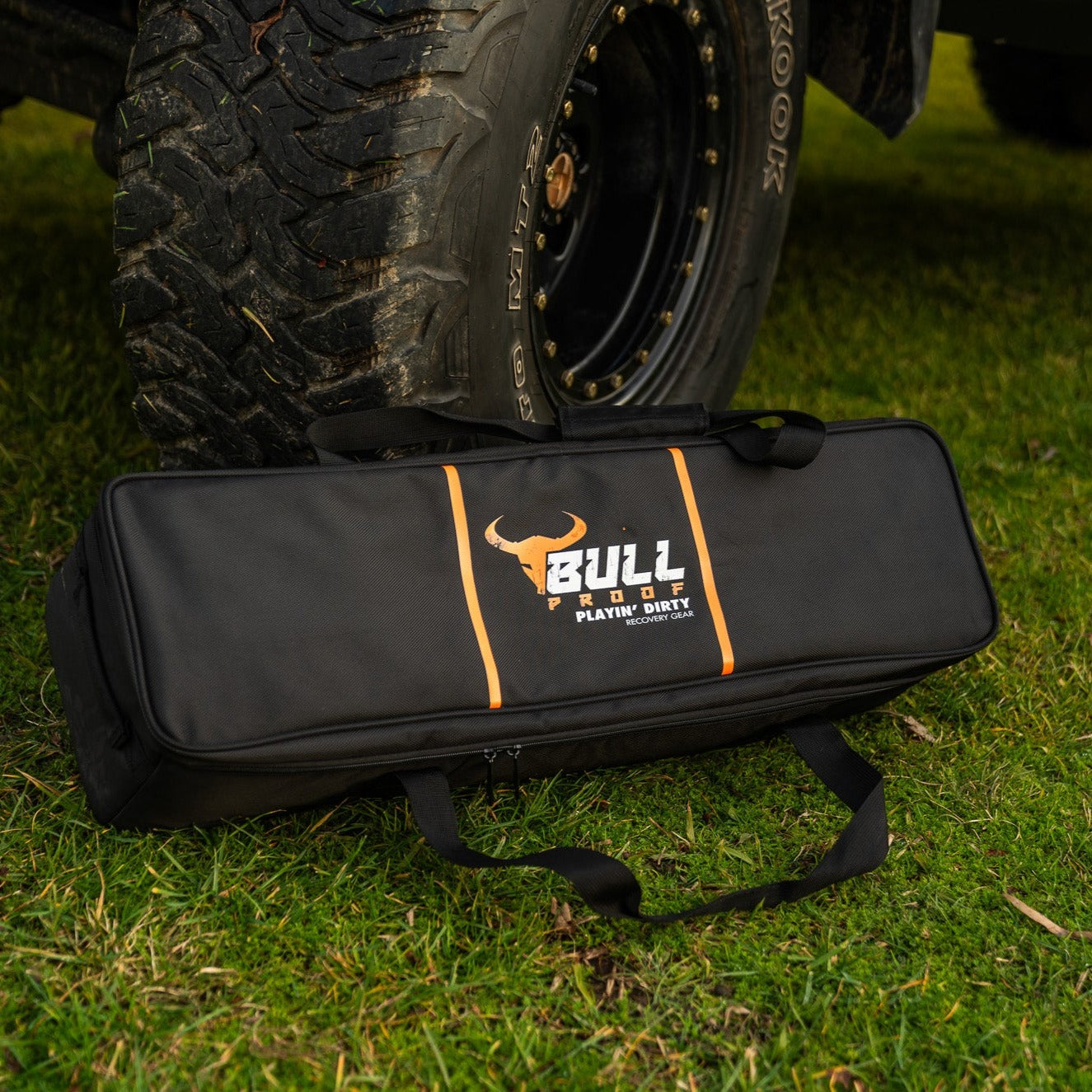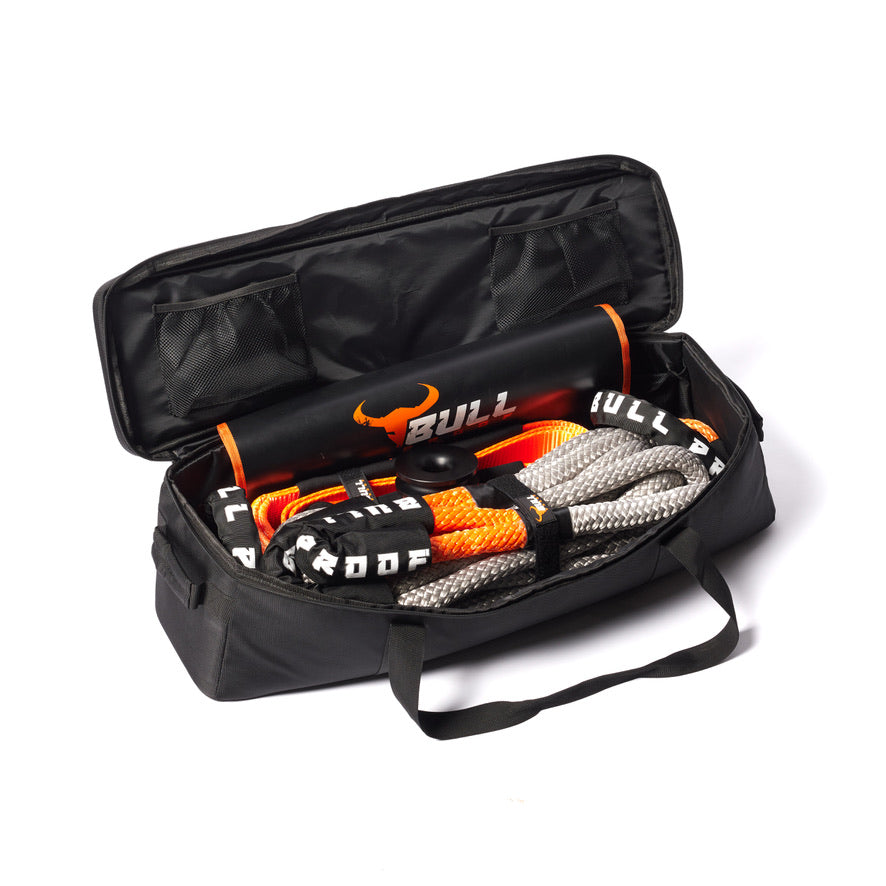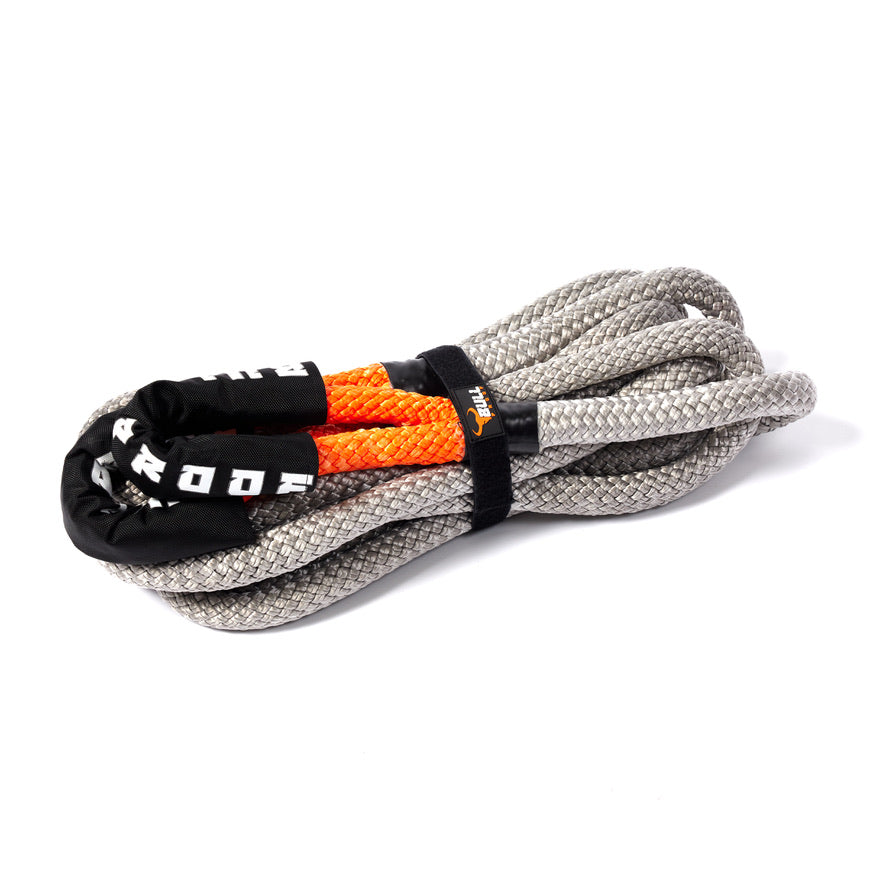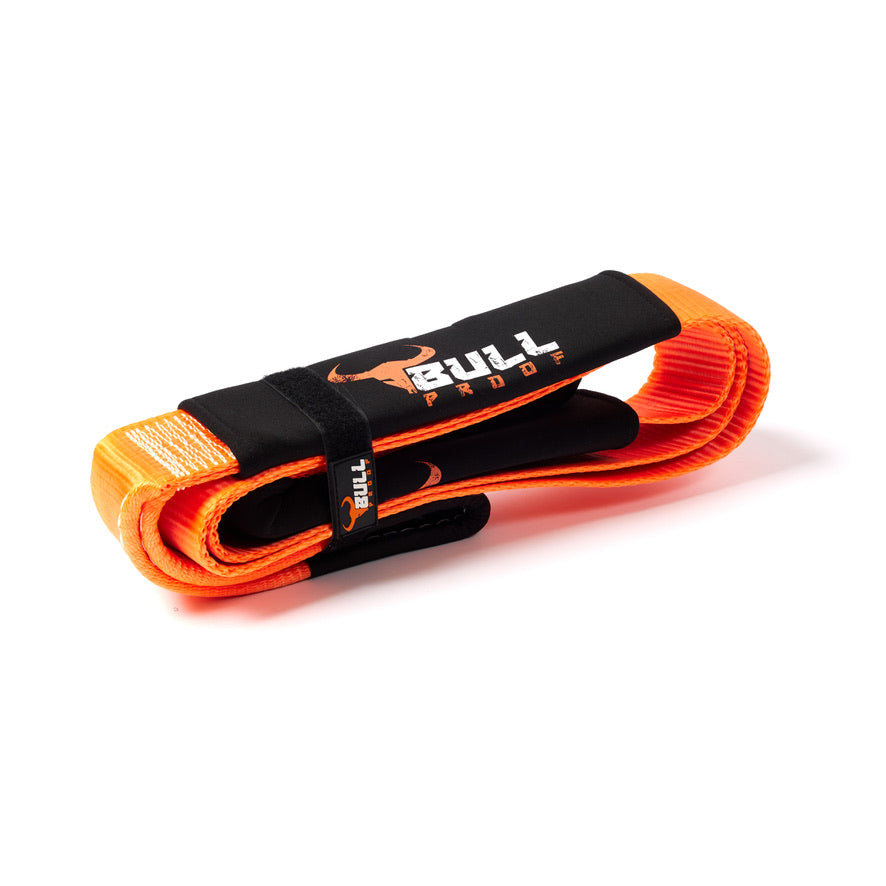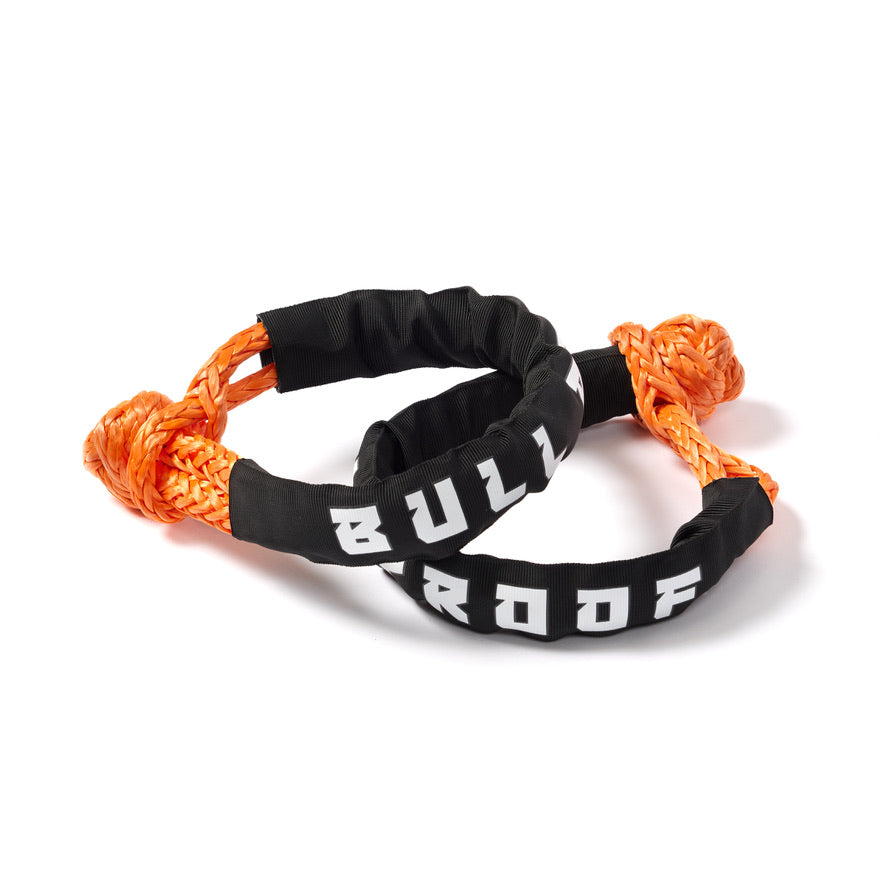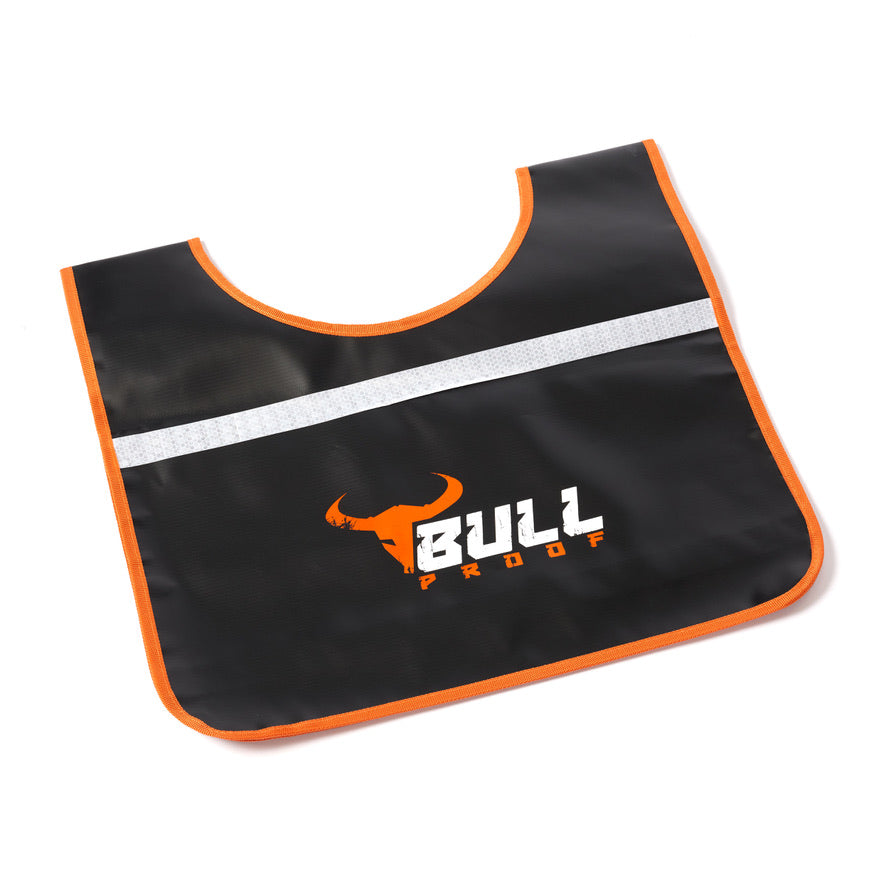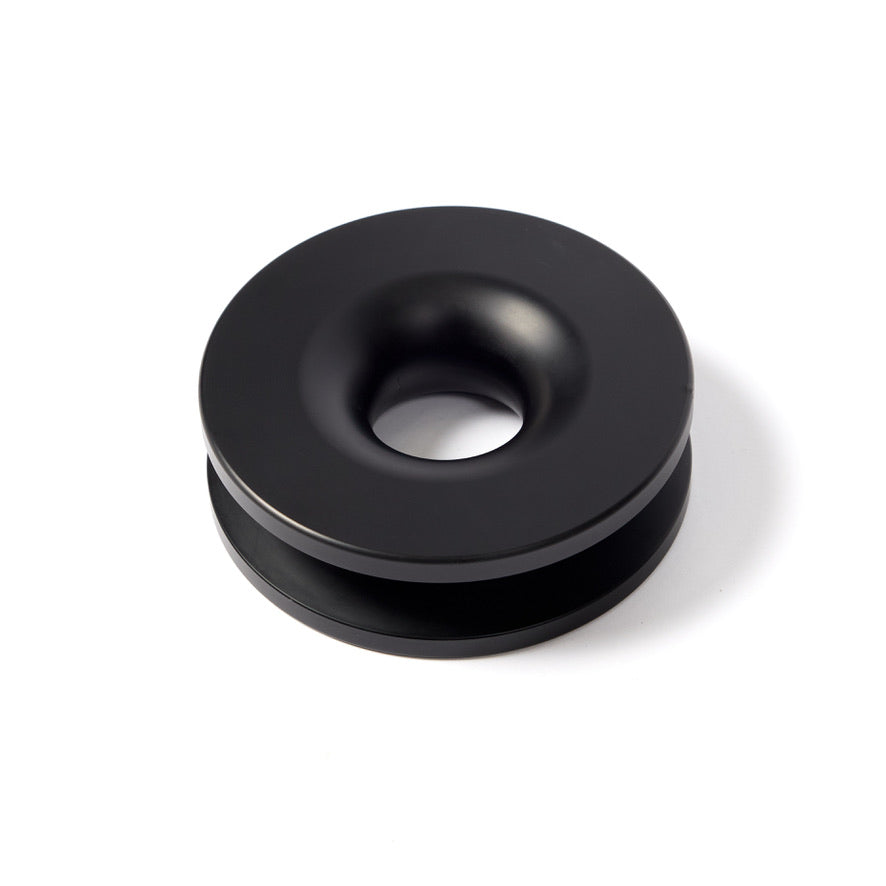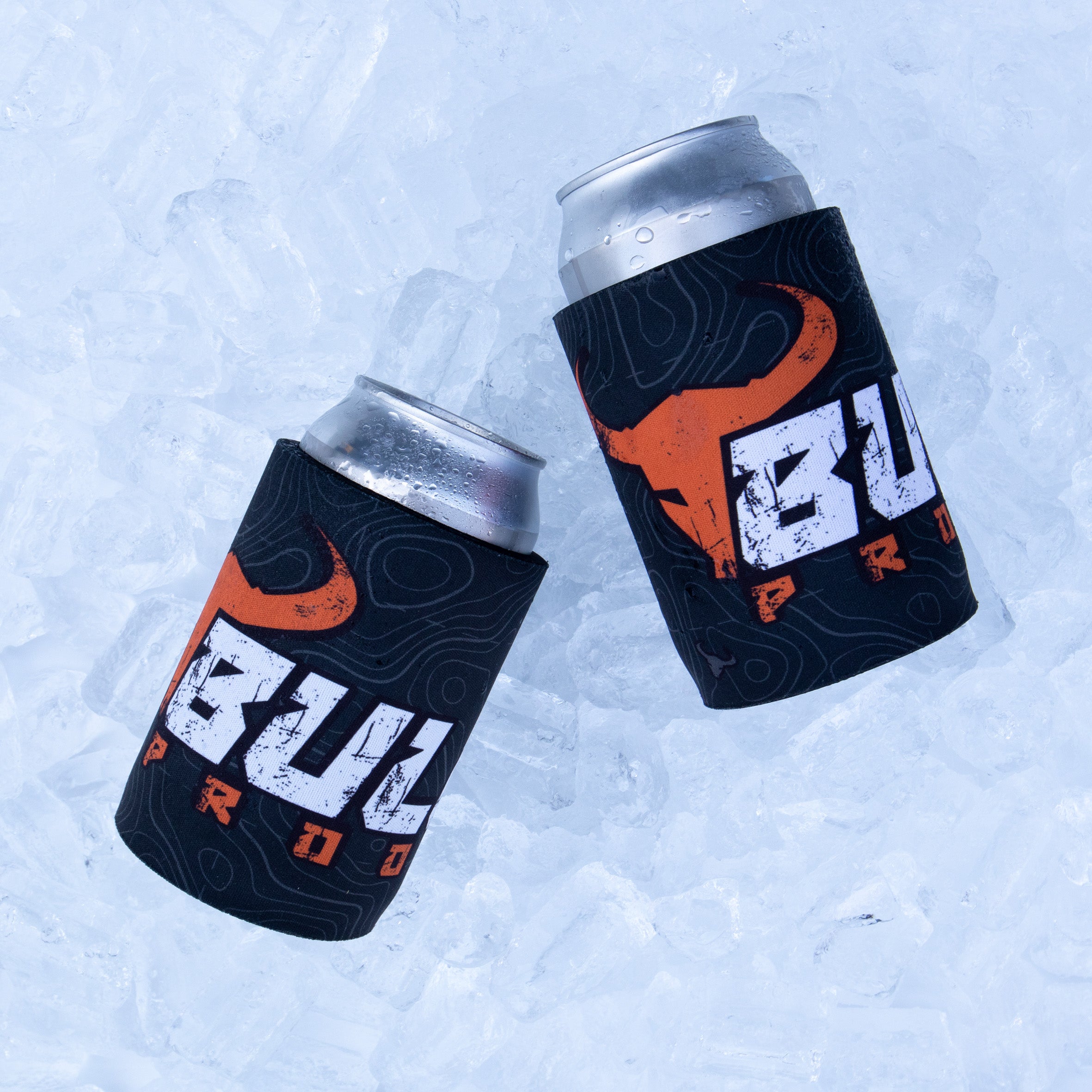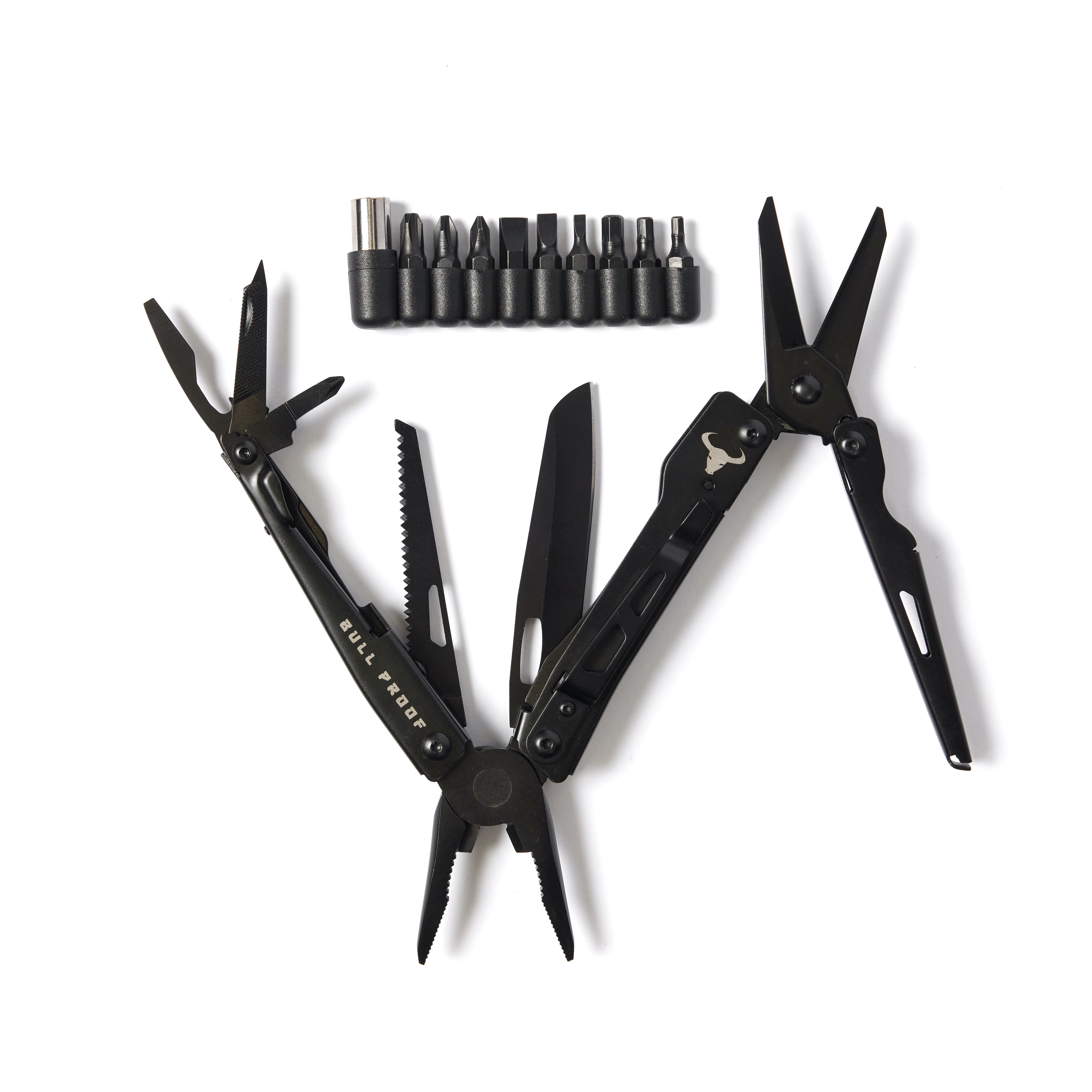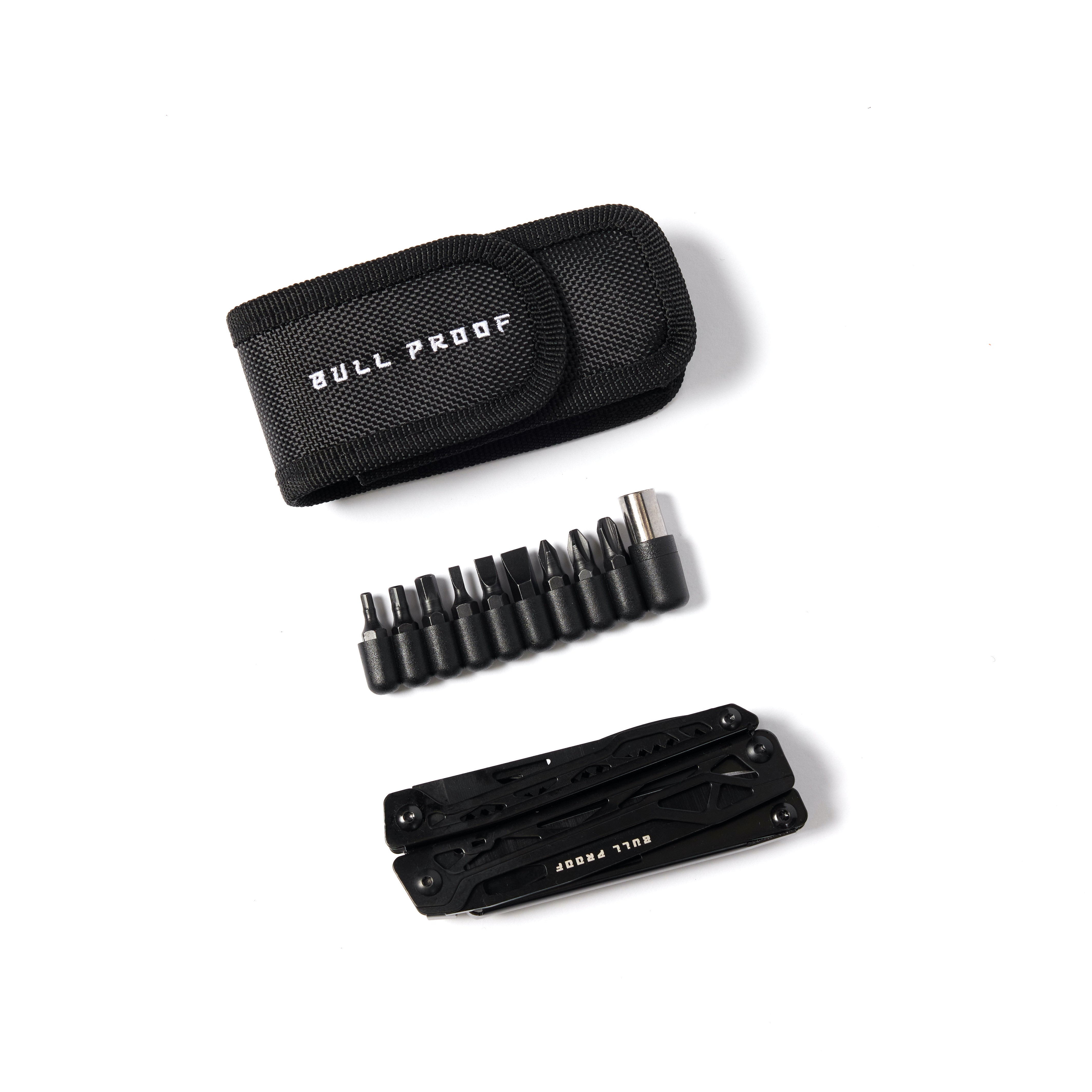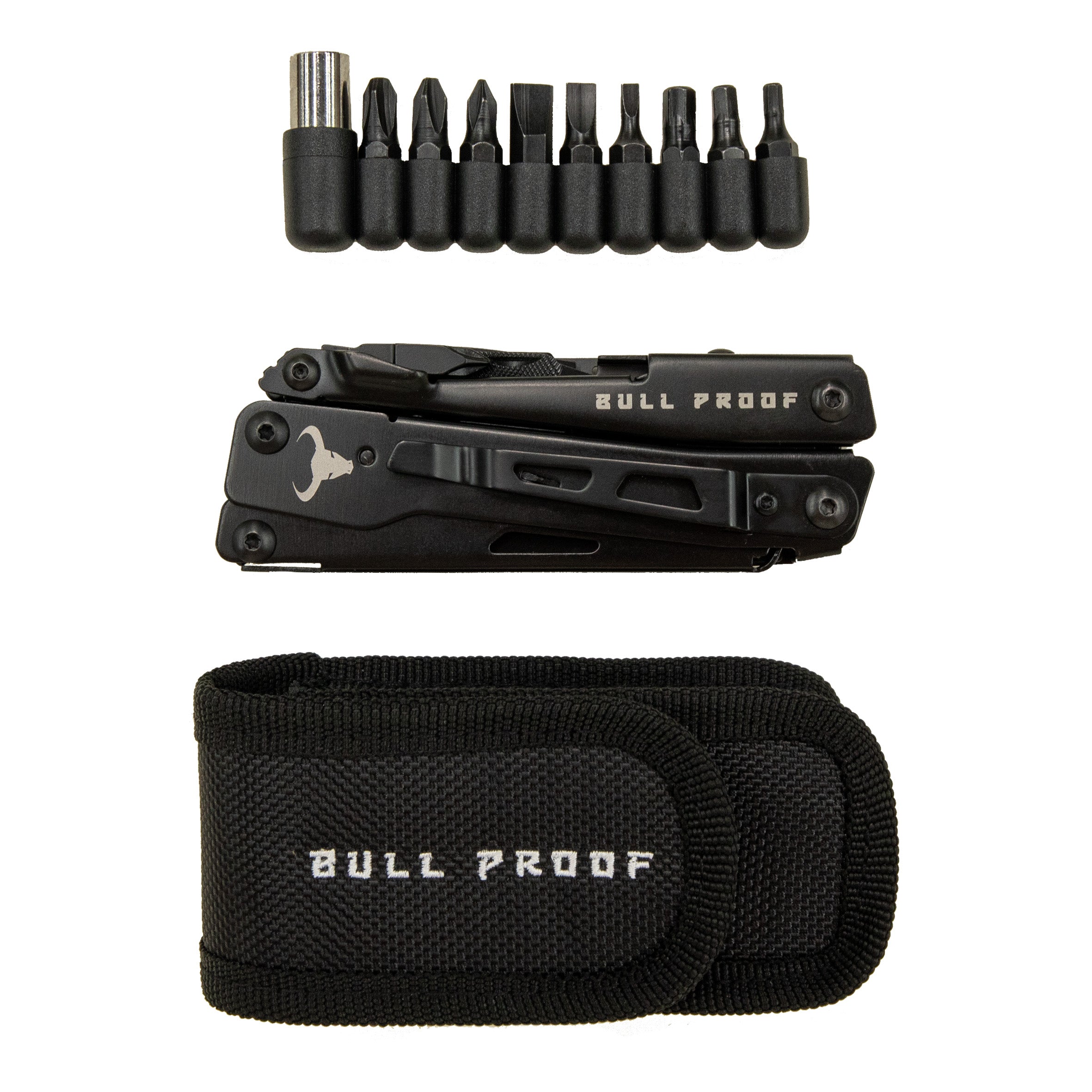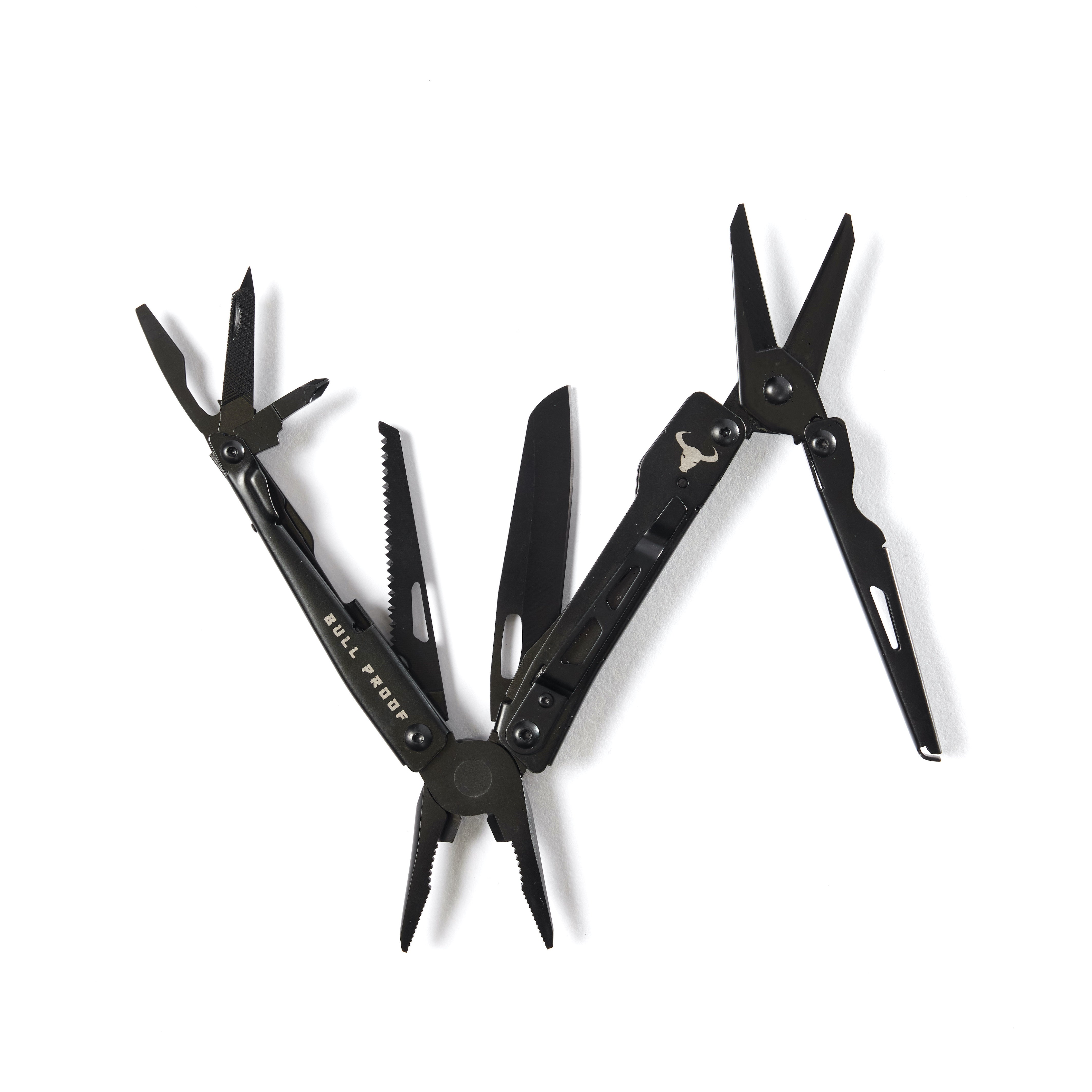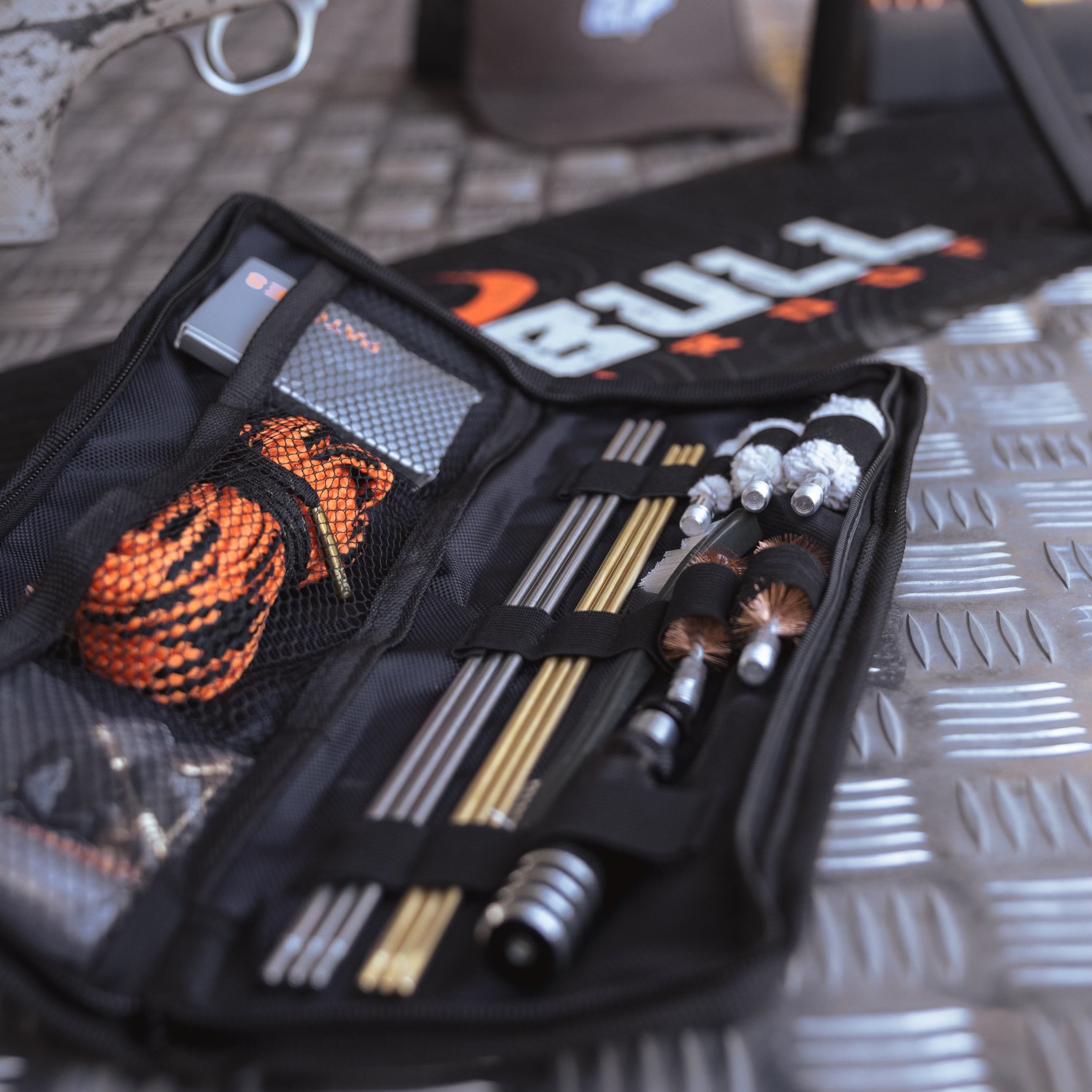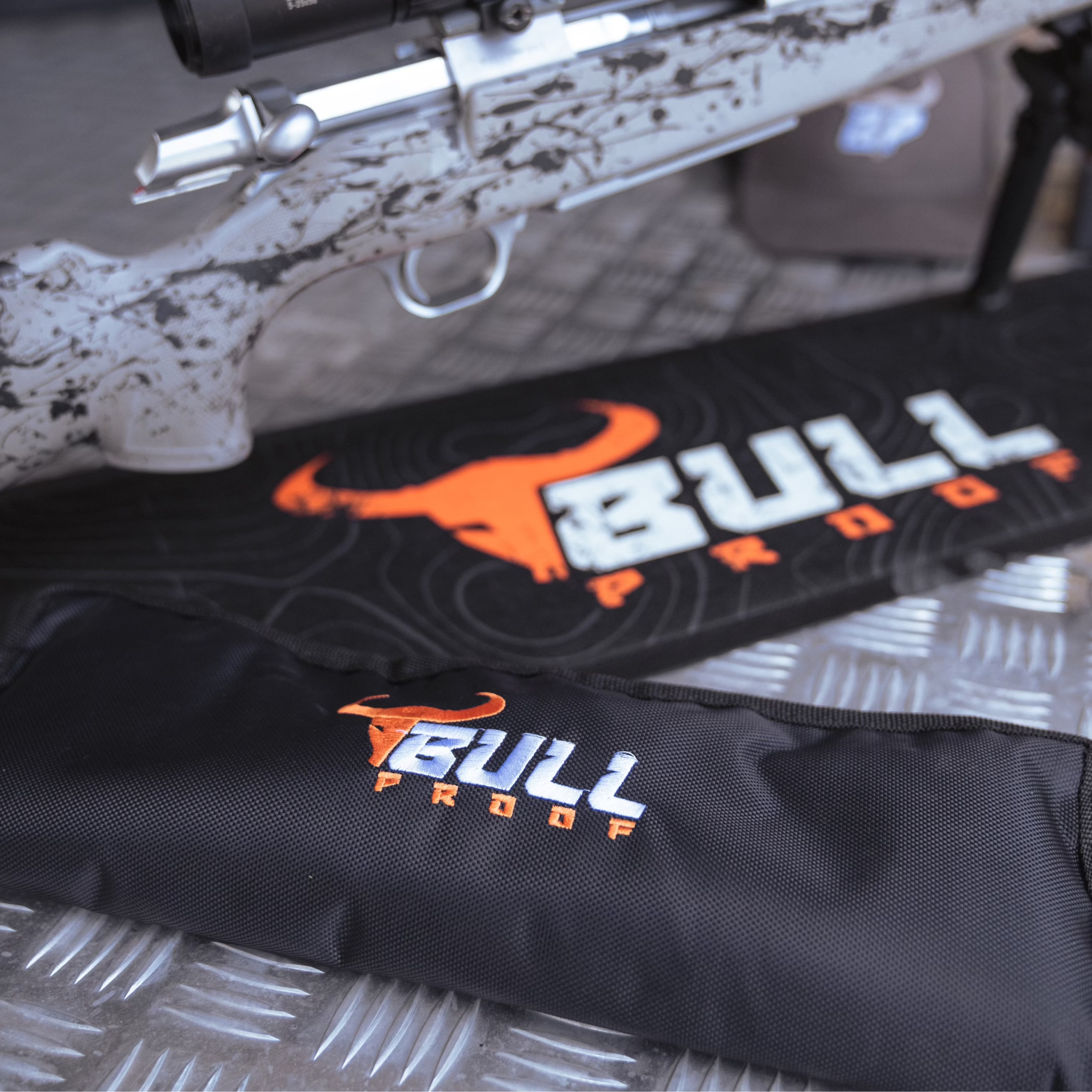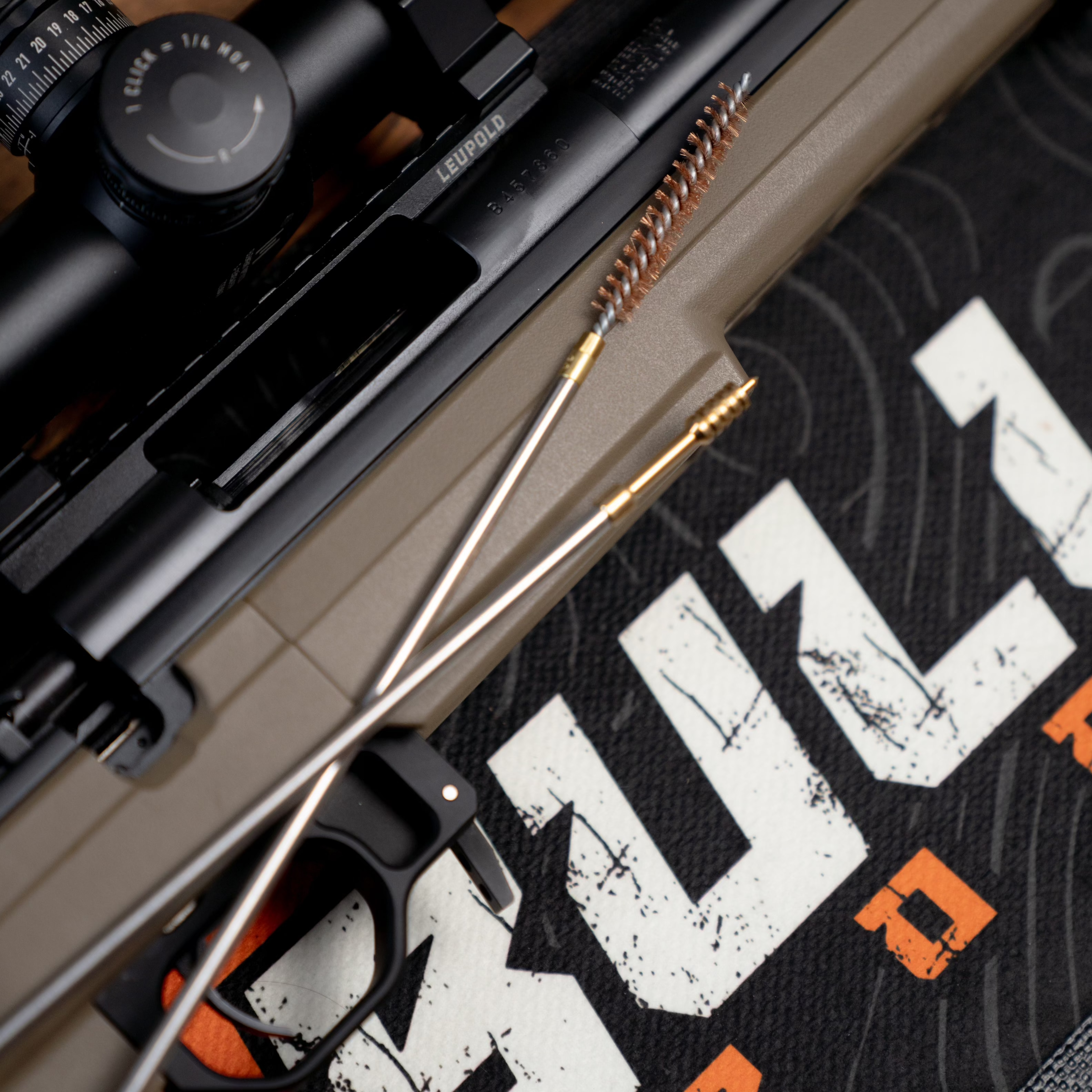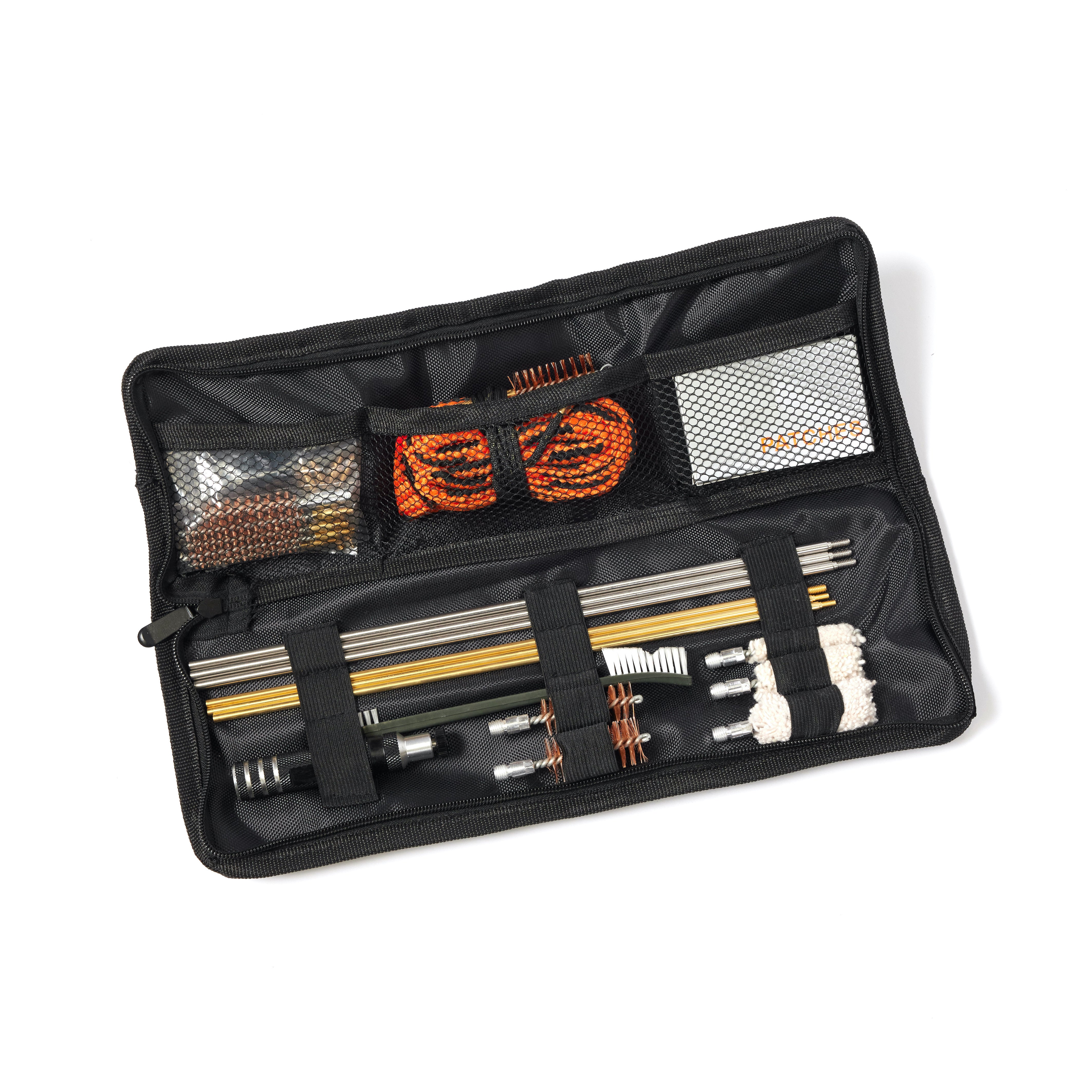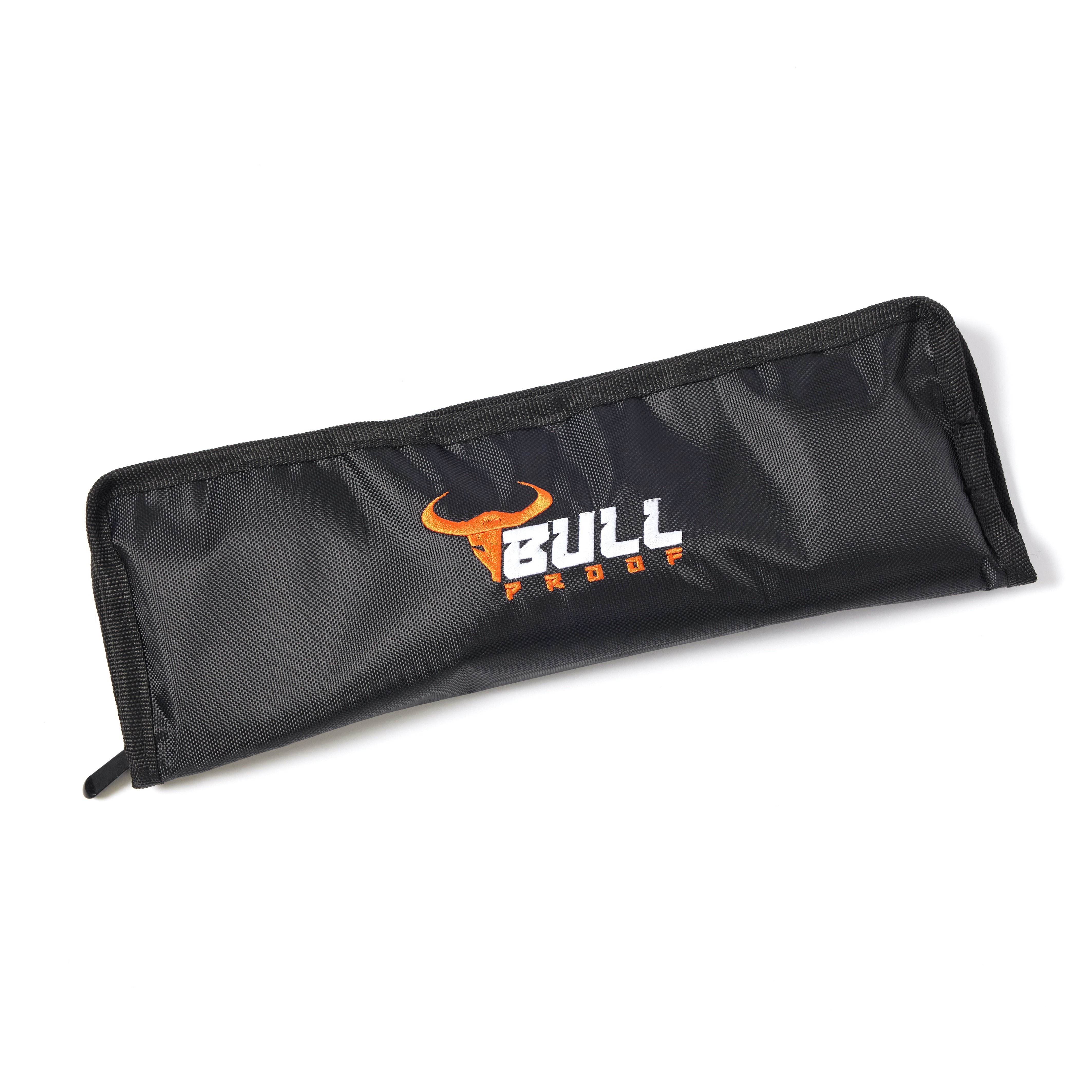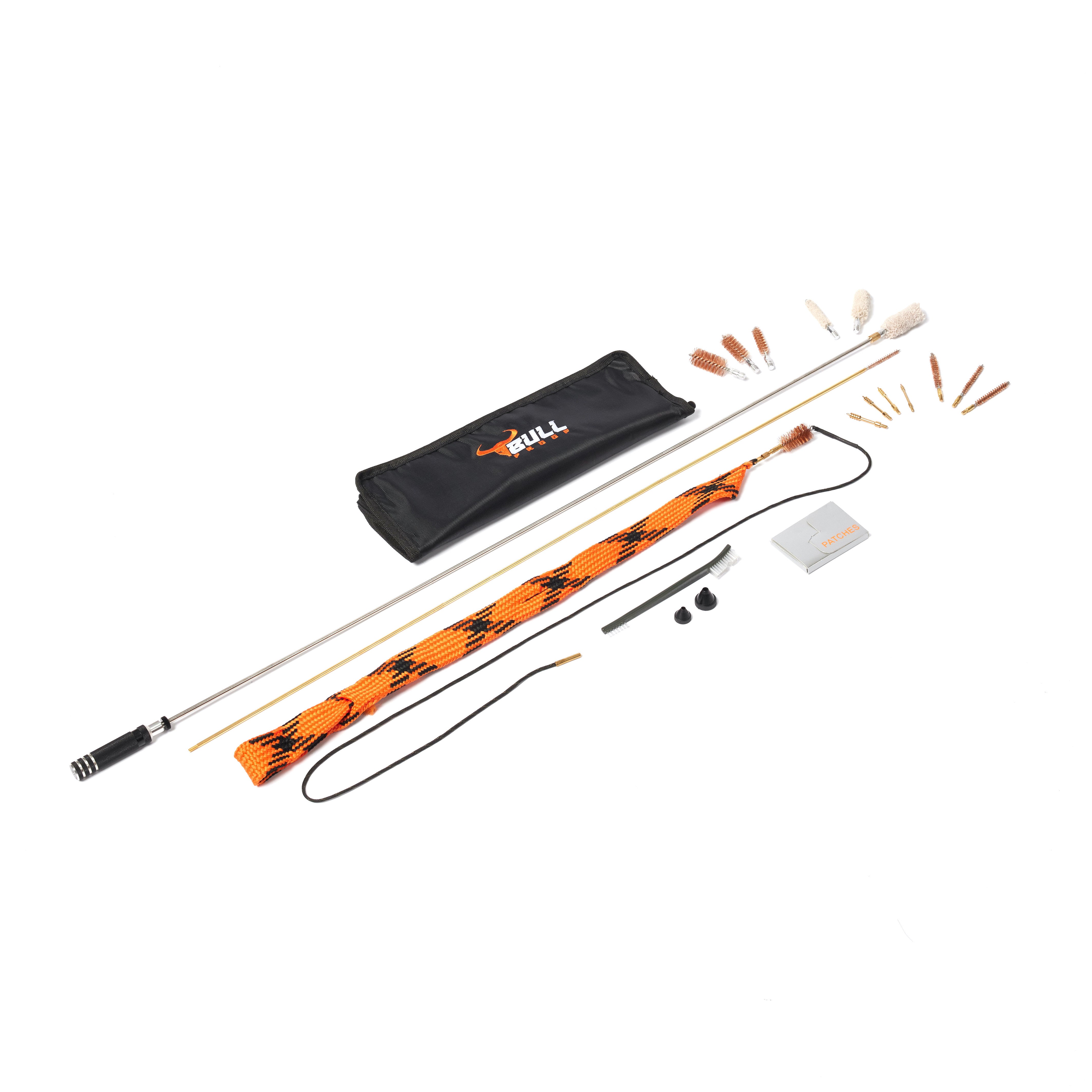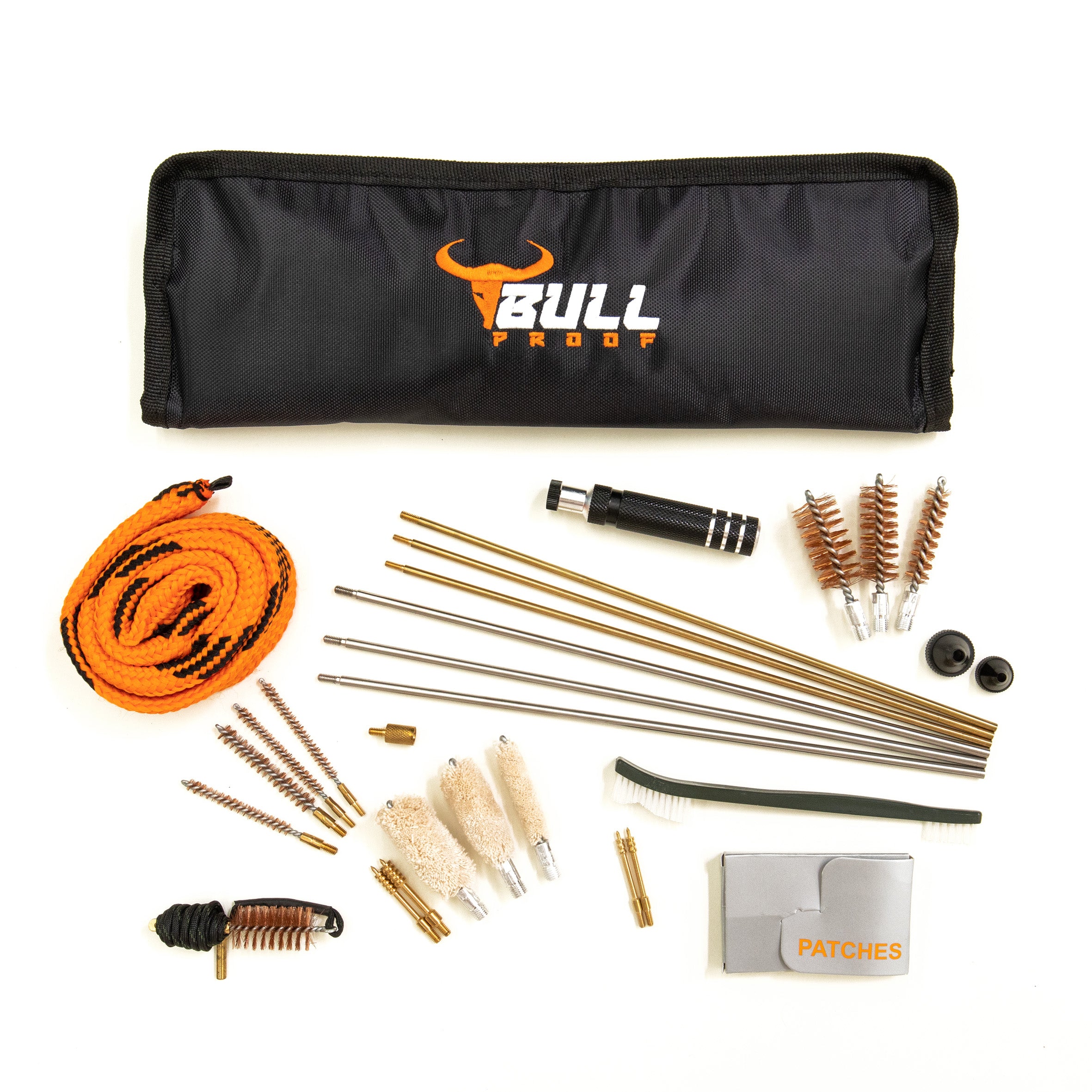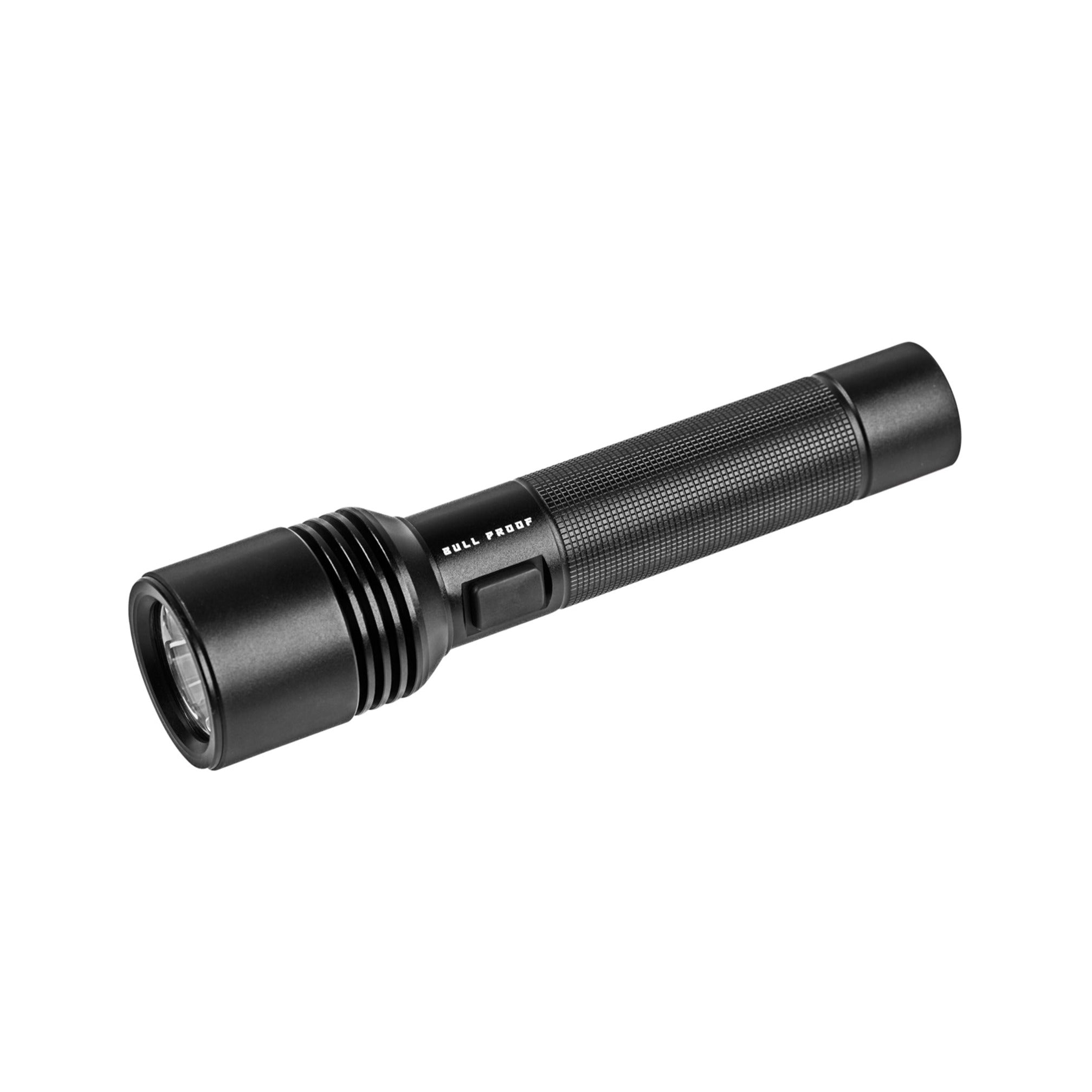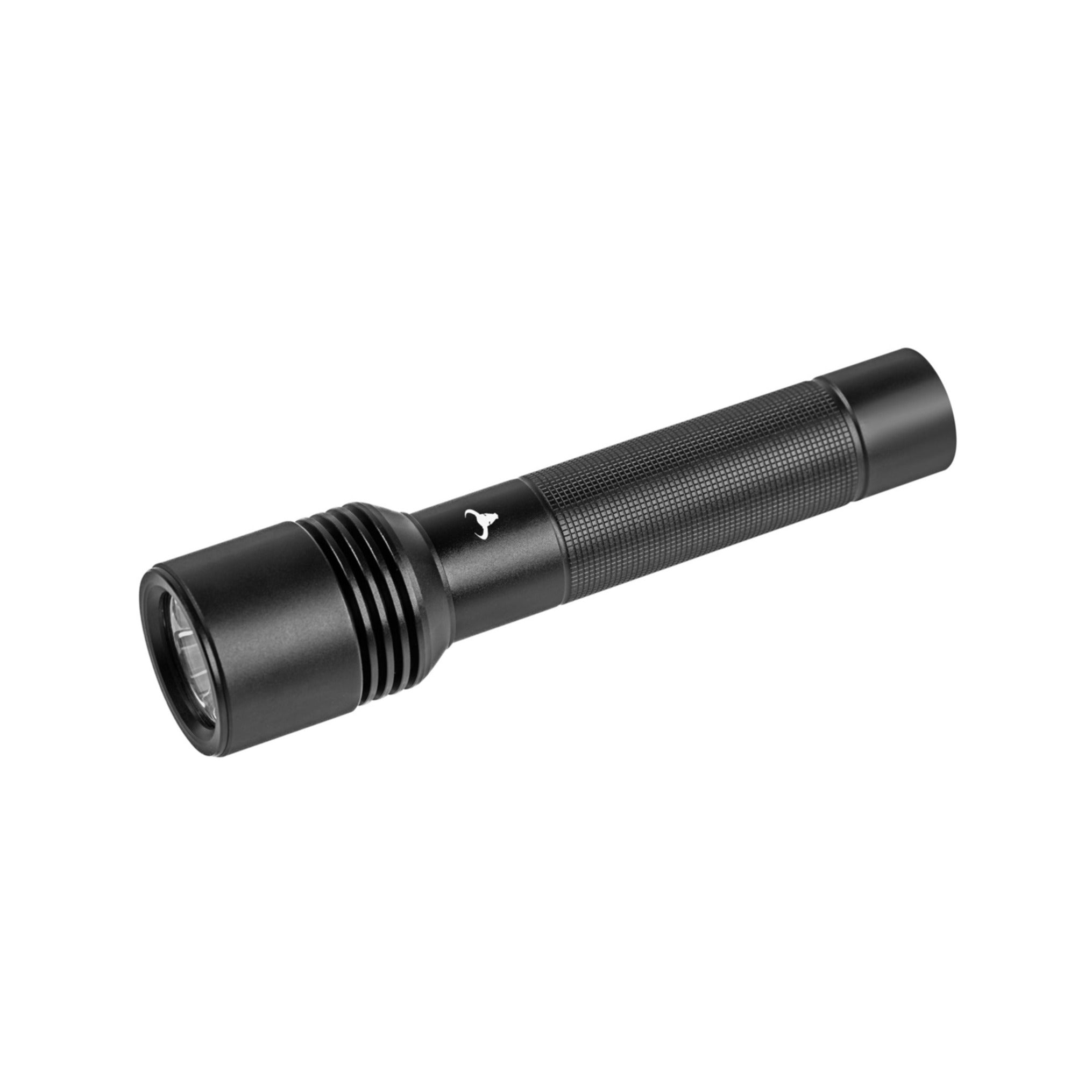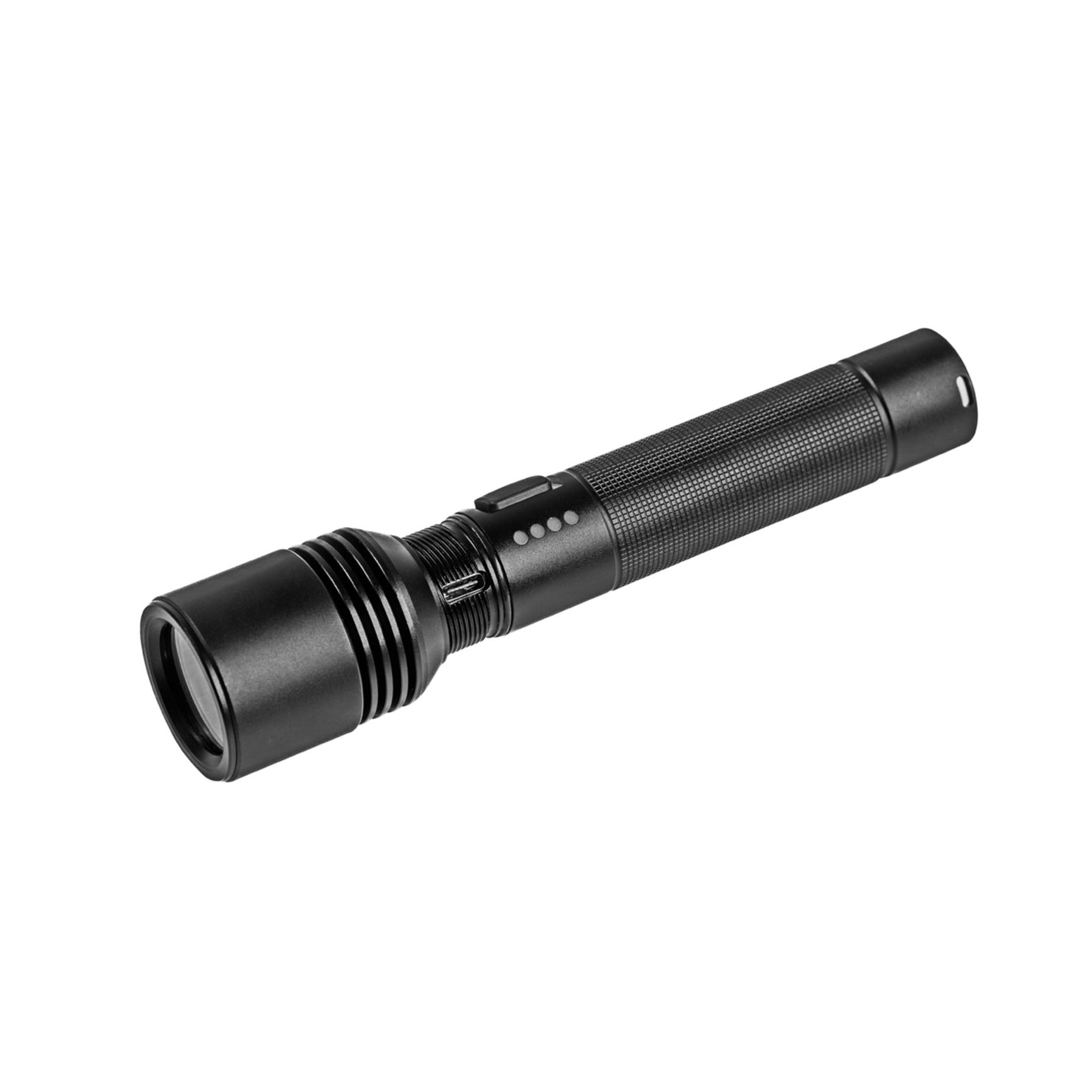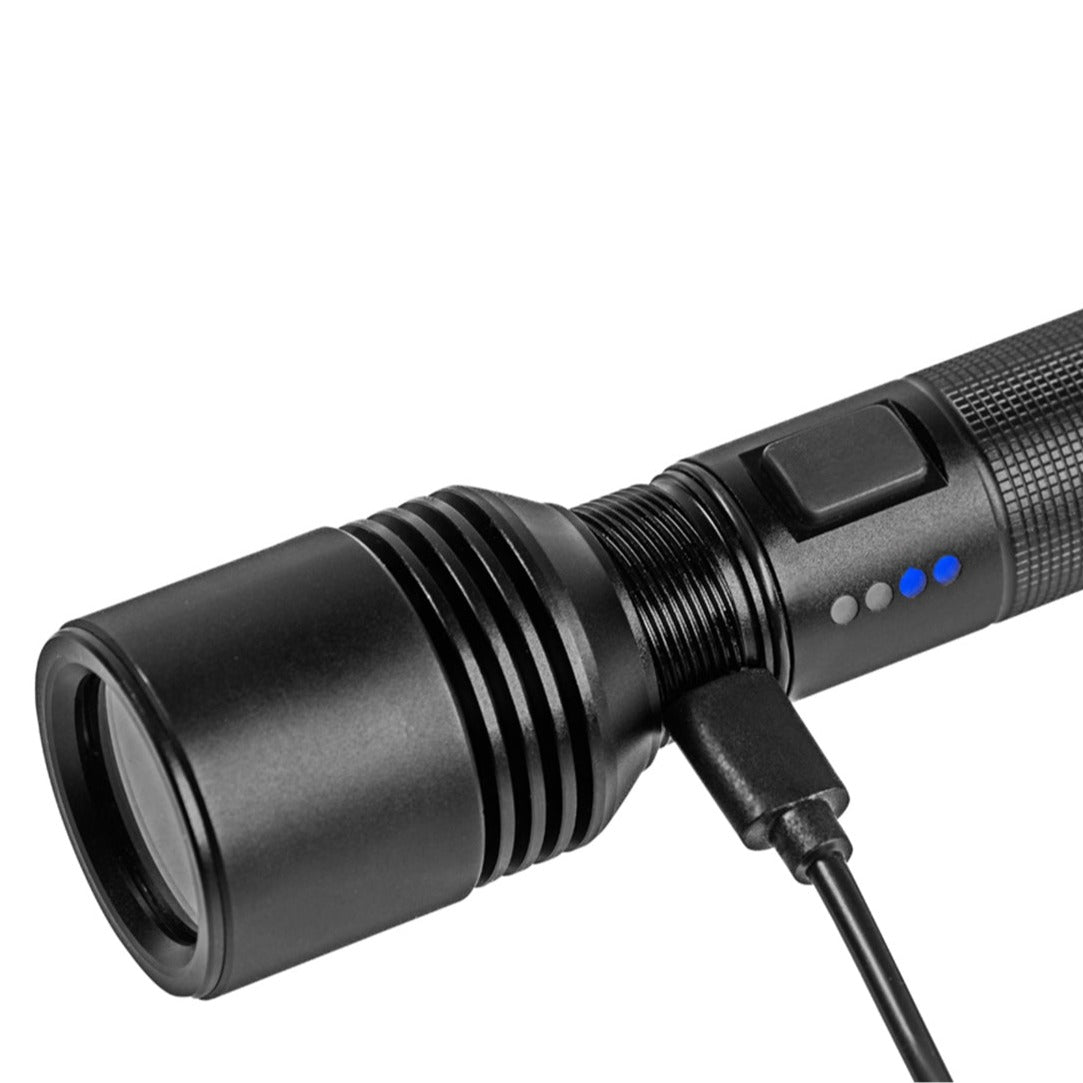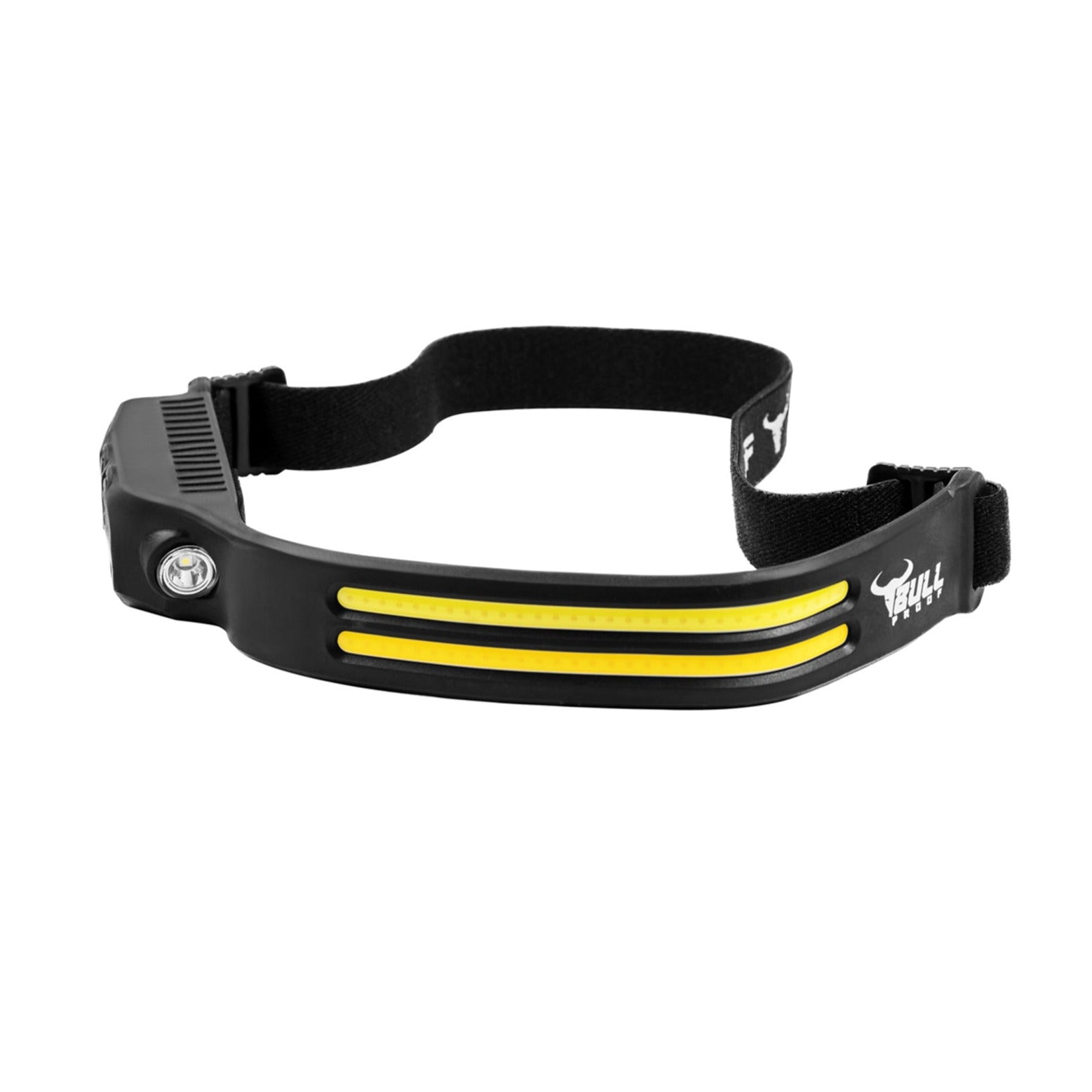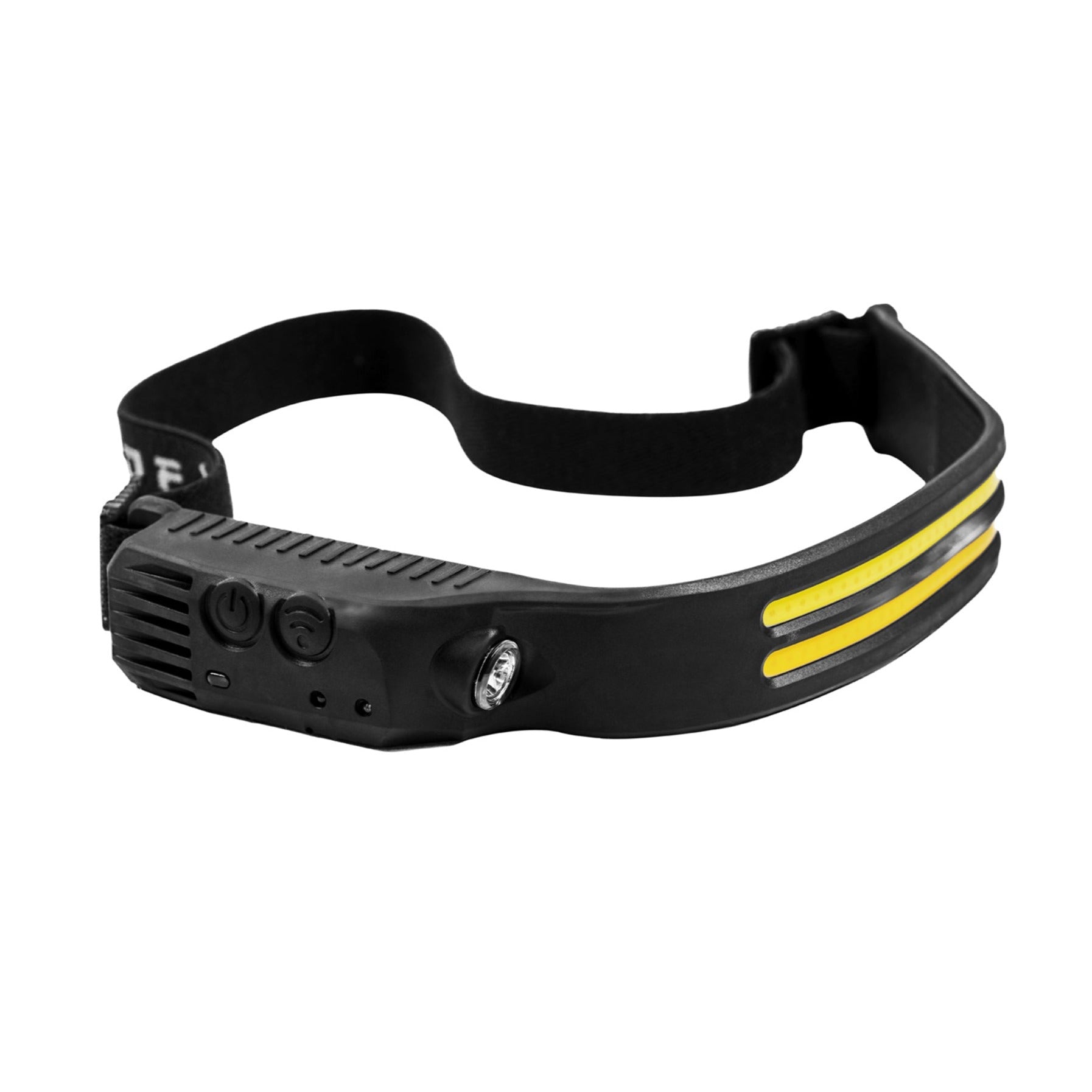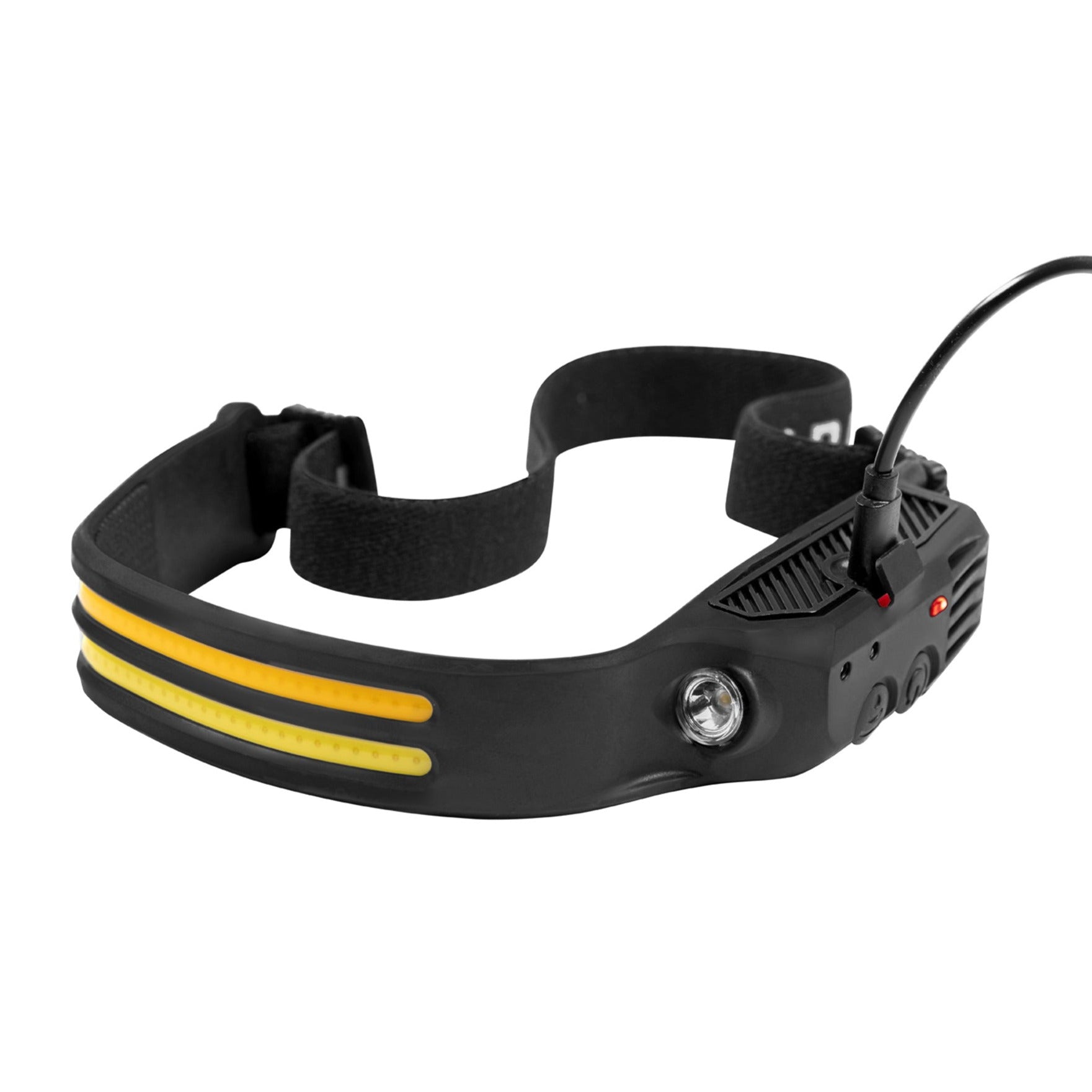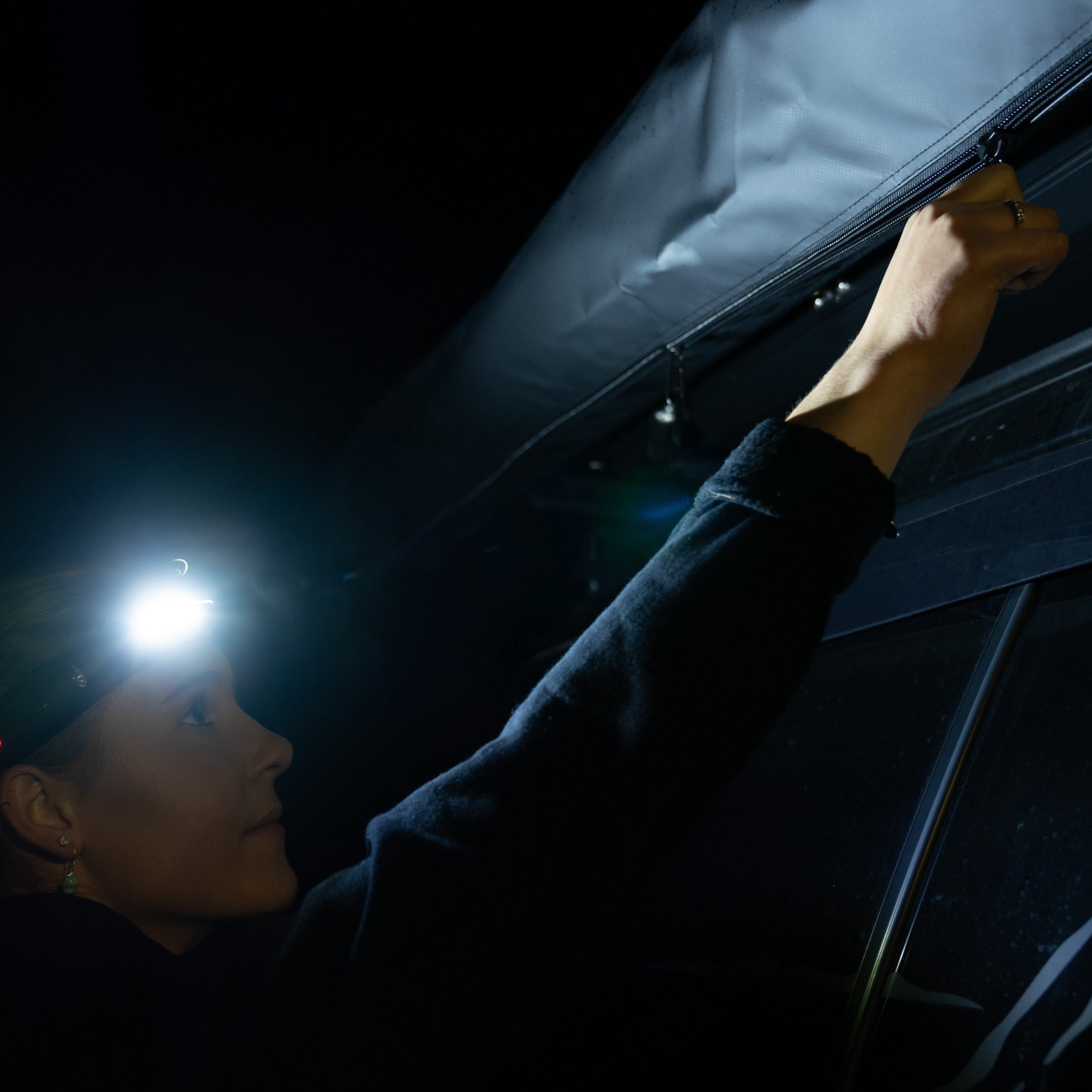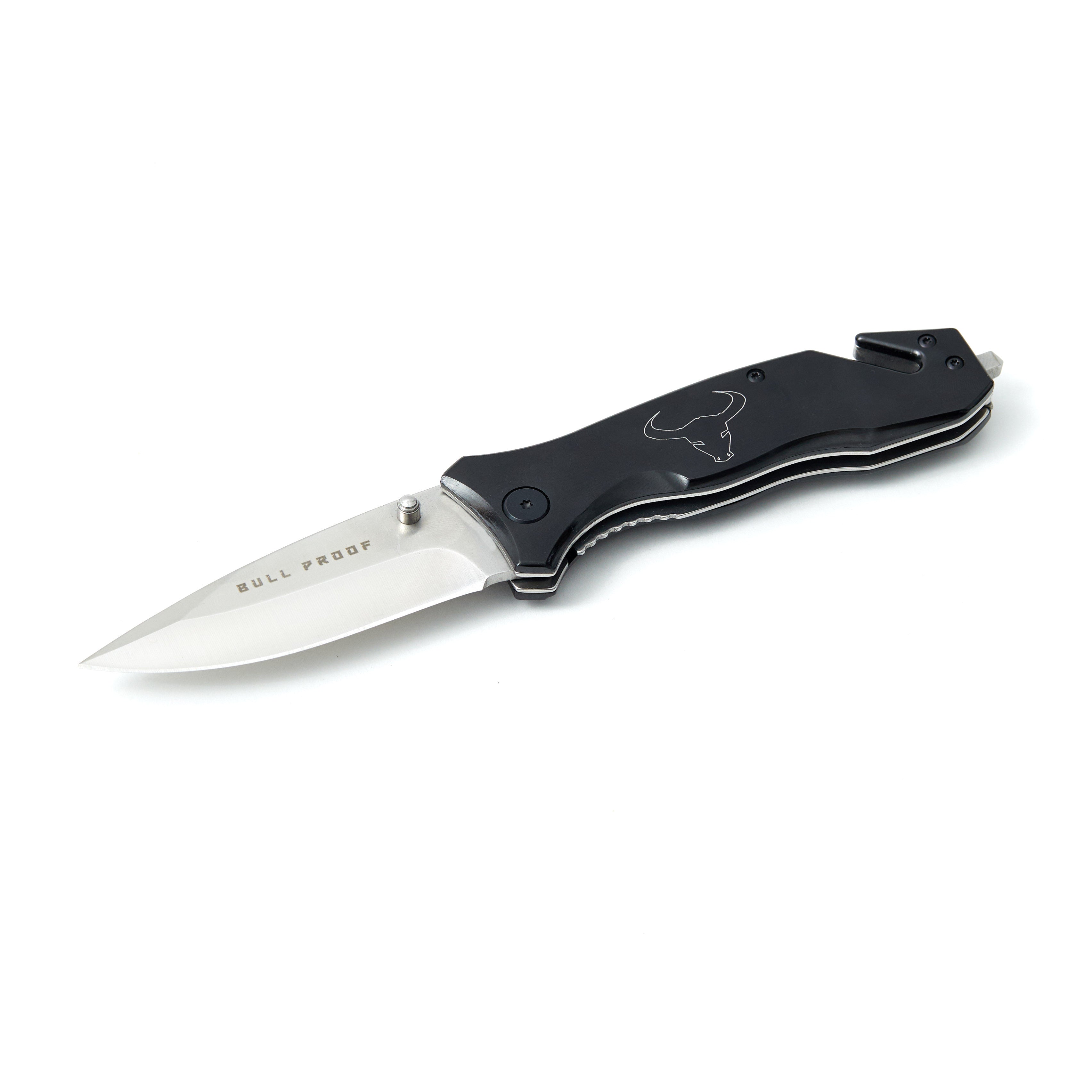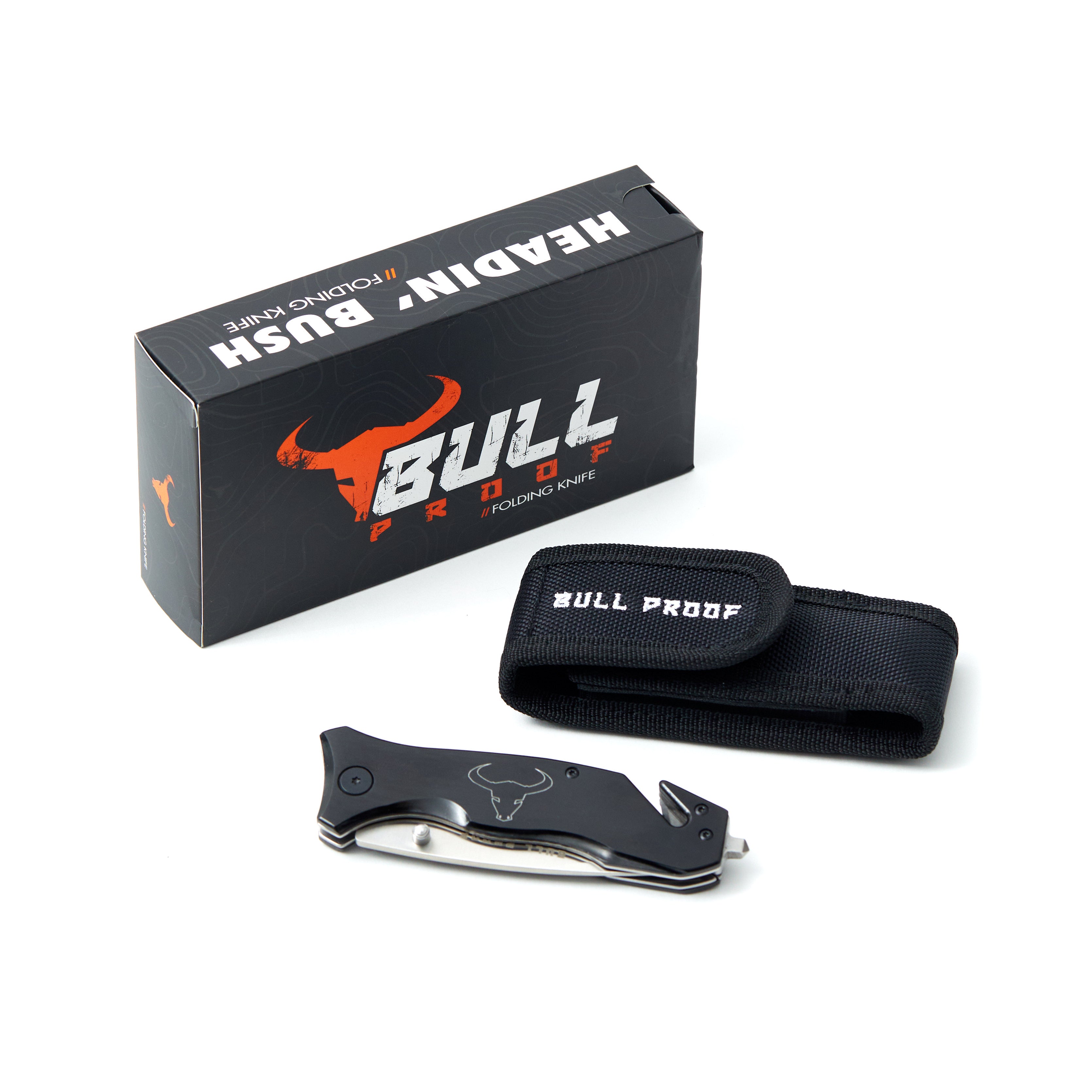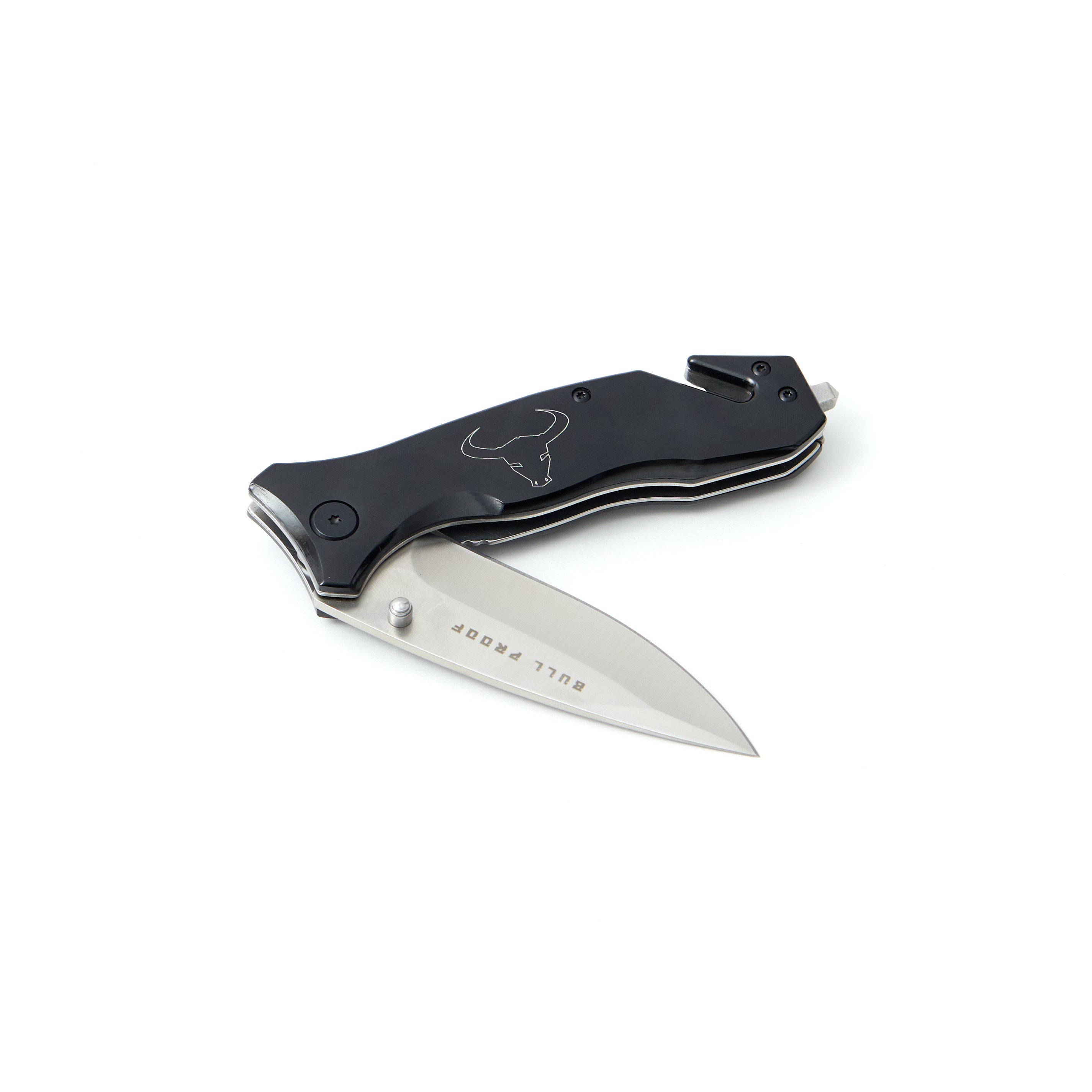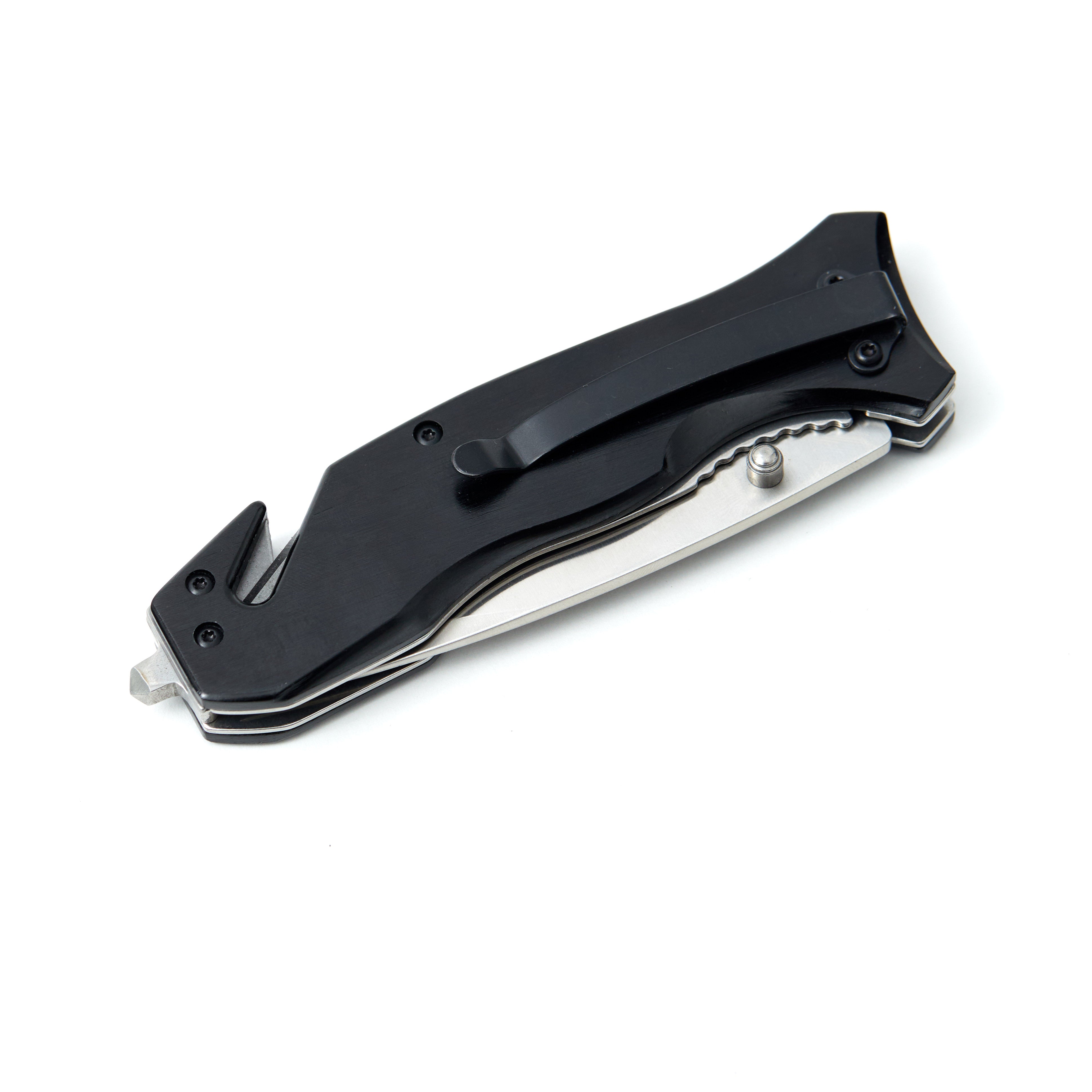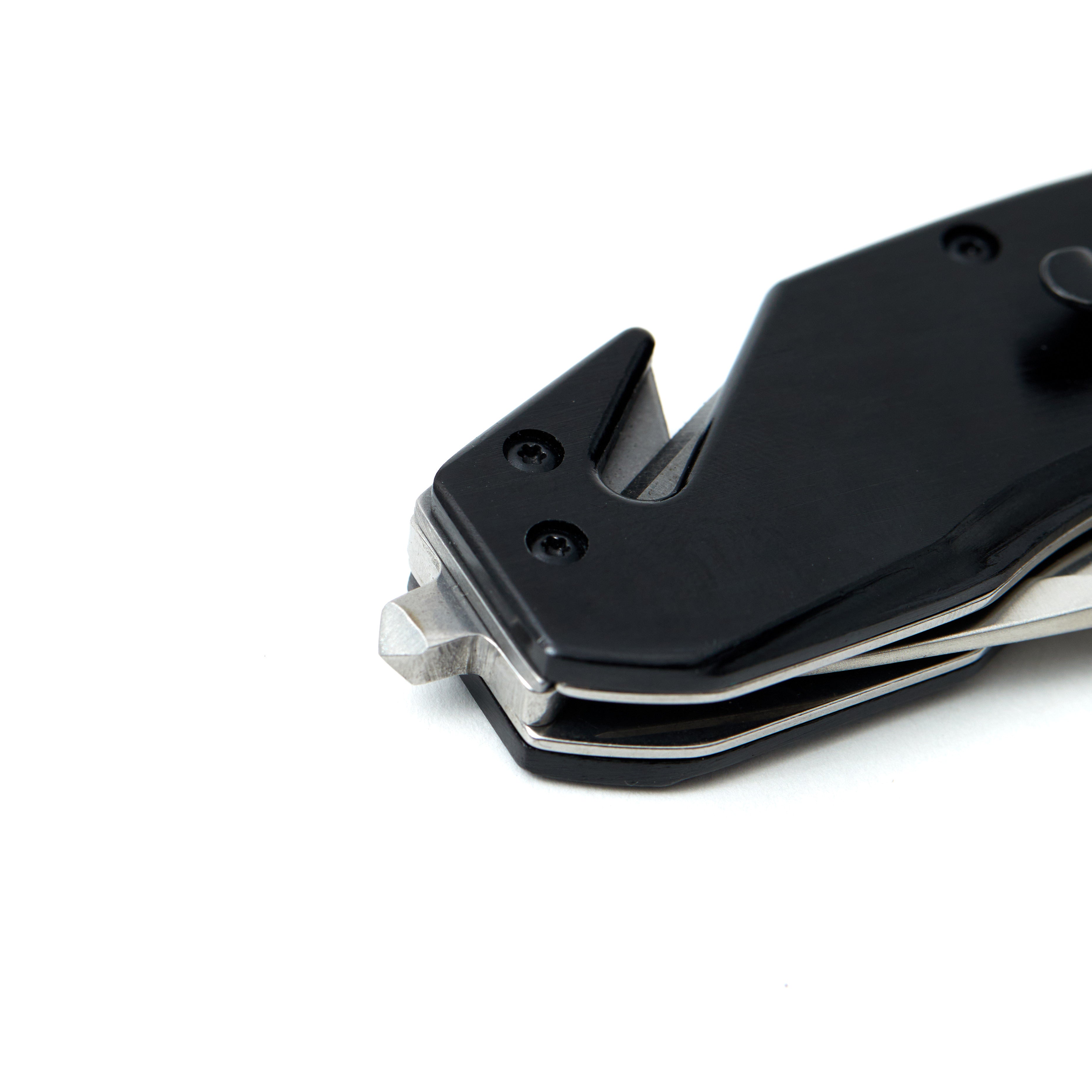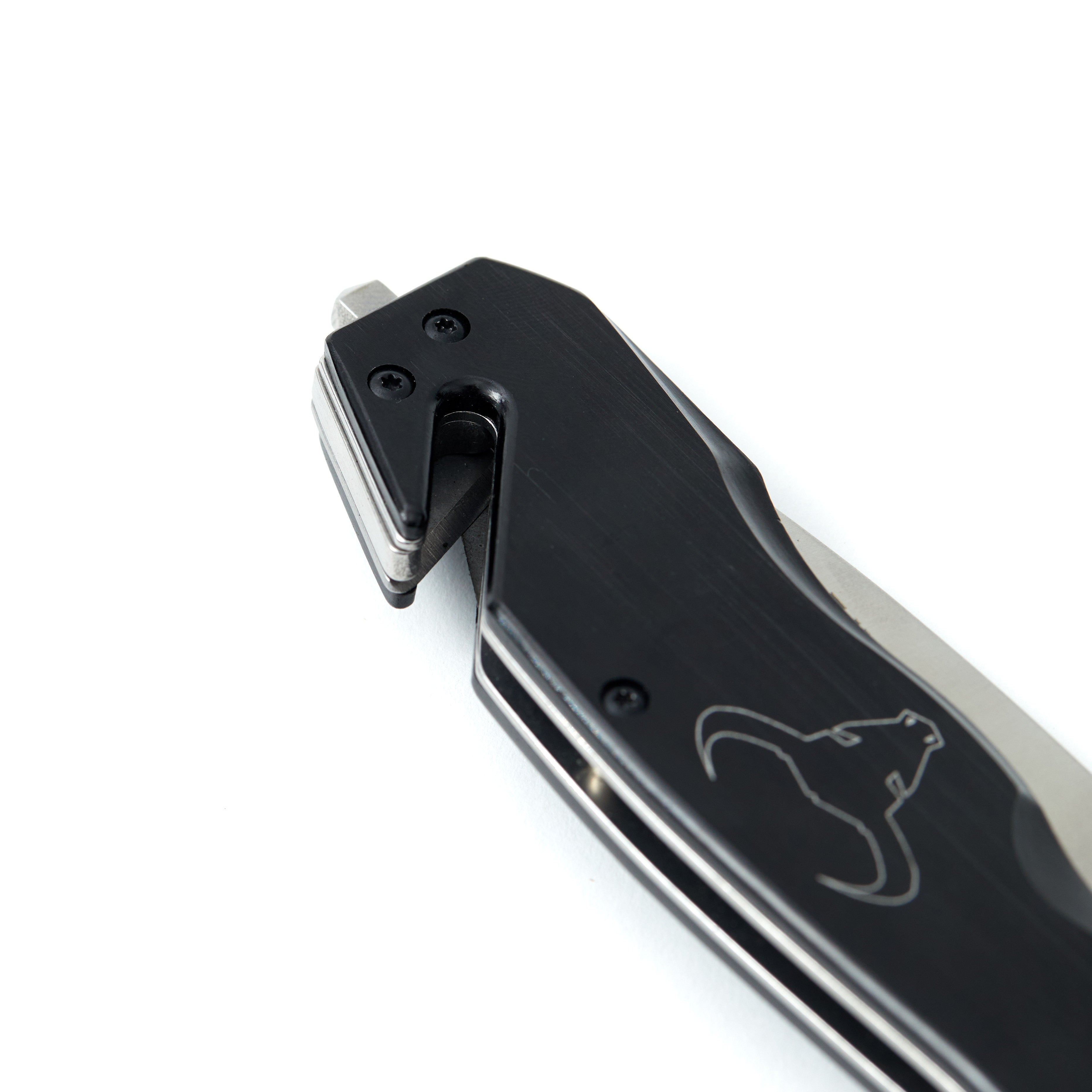Camping in Australia is all about embracing the great outdoors while ensuring you have the right gear for comfort, safety, and a little luxury on your off-road journeys. Whether you’re a seasoned camper or planning your first adventure, knowing what to take camping is key to an enjoyable trip. Below, we explore a detailed guide to help you pack your vehicle with essential items and some top product recommendations that are perfect for Australian conditions.
Rooftop Tents and Awnings
One of the most popular camping trends in Australia is the use of rooftop tents, which provide a safe, elevated sleeping platform and a unique camping experience. The GEN 2 Slimline Rooftop Tent is a stellar option, starting from just $2,899.00. Not only does it offer a comfortable and spacious setup, but it also pairs perfectly with various awning accessories to extend your living space.
 For added shade and extra shelter during any season, consider integrating:
For added shade and extra shelter during any season, consider integrating:
-
Free Standing 270 Light Up Awning – priced at $999.00, this awning creates an inviting space for relaxing or dining.
-
2m x 2.5m Roll Out Awning with LED Strip – available from $349.00, ideal for adding ambience when the sun goes down.
Additionally, a selection of awning brackets is essential for a secure installation:
-
AUSMADE Awning Bracket Set (LRG) – $125.00
-
AUSMADE Awning Bracket Set (SML) – $99.00
-
Installation Service – from $100.00, ensuring professional set-up and peace of mind.
Power and Comfort On the Road
Being off-grid demands smart solutions for power and comfort. Solar panels and fans can make a significant difference:
-
200W Solar Panel with Brackets – for $259.00, this panel ensures you have renewable energy to power essential gadgets and charging stations.
-
Portable Rechargeable Tent Fan – at $39.95, keeping the air in your tent circulating and comfortable even in the heat.

Recovery and Utility Essentials
Australia’s rugged terrains can be unpredictable, so it’s wise to equip your vehicle with necessary recovery gear and tools:
-
13K Recovery Kit – starting at $289.00, a crucial addition if you’re exploring remote outback tracks.
-
13K Kinetic Rope – $125.00, a fantastic and safer alternative to your traditional snatch strap..
-
Bull Proof Tree Trunk Strap – at $35.00, to help even distribution of the pulling force during recoveries.
-
Recovery Ring – from $49.00, an essential piece for safe vehicle recovery.
-
Winch Dampener – available for $35.00, ensuring a safe recovery operation.
-
Recovery Gear Bag – $69.00, for organised storage of all your recovery equipment.
-
Ultimate Multi-tool – $79.95, a must-have for tackling various unexpected tasks while on the road.

Lighting and Safety Accessories
Effective lighting is critical when camping in the dark or navigating your campsite:
-
BP3000 Classic Rechargeable LED Torch – a reliable option at $89.00.
-
BP1000 Classic Mini Rechargeable LED – perfect carry torch for $39.95.
-
BP360 Rechargeable Camp Lantern – $59.95, great for setting the mode at camp..
-
BP360 Folding Rechargeable Utility Flashlight – ideal for when your hands aren’t free to hold a torch, $34.95.
-
BP5000 XTREME Rechargeable LED Torch – at $139.99, delivers an incredibly high-performance beam for night-time exploring.
-
BP230 Wide Beam Rechargeable Head Torch – priced at $28.95, ensuring your hands are free while exploring in the dark.
-
BP Slimline Rechargeable Laser 'N' Pen-Torch – at $35.95, offers a compact solution for both general lighting and precision tasks.
-
BP Telescopic Camp Light – at $149.00, a great way to light up your entire campsite.

Additional Accessories for the Perfect Camp
No camping trip is complete without a few extra items to improve your overall experience:
-
WIDE STEP Telescopic Rooftop Tent Ladder – $139.00, provides a safe and secure access to your rooftop tent.
-
Weekender Bag – available for $55.00, helps in organising your personal items and ensuring nothing is left behind.
When planning your next camping adventure in Australia, it’s important to think about what to take camping to ensure both comfort and safety. From rooftop tents and awnings to essential recovery and lighting equipment, having the right gear can transform your outdoor experience. Remember to invest in quality products that withstand the rugged Australian environment while keeping you well-equipped for any eventuality.

Cooking & Food Preparation
Portable Gas Stove or BBQ
A reliable cooking appliance is key to preparing hot meals in the great outdoors. Look for a model that’s sturdy, compact, and easy to clean.
If you prefer open-fire cooking, ensure you bring a fire-safe grill plate or camp grill that can withstand high temperatures.
Cookware & Utensils
Lightweight Pots and Pans: Opt for aluminium or titanium sets designed for camping; they’re durable and won’t weigh you down.
Cutlery & Cooking Utensils: Pack a spatula, tongs, a ladle, and at least one sharp multipurpose knife. Many camping-specific utensil kits fold neatly or include built-in storage pouches.
Cooler Box or Portable Fridge
If your vehicle has the capacity, a 12V portable fridge can keep perishables fresh for days.
For shorter trips, a high-quality cooler with ice bricks will suffice—just be sure to keep it shaded to prolong the cold.
Food Storage Solutions
Waterproof Containers or Dry Bags: Keep ingredients safe from water, dust, and curious wildlife.
Reusable Silicone Bags: Great for storing pre-chopped vegetables, marinades, or leftovers in an eco-friendly way.
Cleaning Supplies
Biodegradable Soap & Sponges: Protect the environment by using eco-friendly cleaning agents.
Collapsible Wash Basin: Convenient for rinsing dishes and packs down small for transport.
Water & Hydration
Water Containers & Hydration Packs
Aim to have at least 10–20 litres of fresh drinking water if you’re heading to remote areas.
A hydration backpack or refillable water bottles make it easy to sip while you hike or explore.
Water Filtration & Purification
Portable Water Filters: Small, lightweight filters can be a lifesaver when drawing water from rivers or streams.
Purification Tablets: A compact backup in case your primary filtration system fails.
First Aid & Health Essentials
Comprehensive First Aid Kit
Include antiseptics, bandages, gauze, tweezers, and pain relief medication.
In Australia, consider a snake bite bandage (a compression bandage) and make sure you know how to use it properly.
Personal Medications
If you have prescriptions, bring enough for the entire trip plus a few extra days.
Keep them in waterproof containers.
Insect Repellent & Sunscreen
High-SPF sunscreen is a must, especially under the harsh Australian sun.
Choose an insect repellent with DEET or other proven actives to ward off mosquitoes and flies.
Hand Sanitiser & Wipes
Great for quick clean-ups when soap and water aren’t readily available.
Biodegradable wipes can help maintain hygiene without harming the environment.
Navigation & Communication
Paper Maps & GPS
Even if you have a GPS or a phone-based app, take paper maps as a backup.
Know how to read contour lines and basic navigation symbols.
Satellite Communicator or PLB (Personal Locator Beacon)
Essential for remote adventures where mobile reception may be non-existent.
Devices like a PLB can send out emergency distress signals with your location.
Two-Way Radios
Handy for communicating between vehicles or group members in areas without phone coverage.
Clothing & Footwear
Layered Clothing System
Base Layer: Moisture-wicking fabrics that keep sweat off your skin.
Insulating Layer: Fleece or a light down jacket for cooler nights.
Outer Shell: Waterproof and windproof jacket to protect against rain and the elements.
Sturdy Footwear
Hiking boots or sturdy sneakers with good grip for uneven terrain.
A pair of slip-on sandals or thongs for lounging around the campsite.
Thermals & Warm Accessories (For colder climates or winter camping)
Thermal tops and leggings help retain body heat overnight.
Gloves and beanies are compact and can be lifesavers if temperatures drop unexpectedly.
Personal Hygiene & Comfort
Toilet Paper & Trowel
In remote areas, practise “Leave No Trace” principles; bury waste at least 15–20cm deep and pack out your toilet paper if required by local regulations.
Quick-Dry Towels
Microfibre towels are lightweight, absorbent, and dry rapidly, perfect for showering or a quick dip in a creek.
Portable Shower or Solar Shower Bag
If you plan to stay off-grid for a few days, a solar shower bag can be a refreshing way to stay clean.
Camp Chairs & Folding Table
Extra comfort after a day of exploration. Having a place to sit and eat can greatly enhance your camp-life experience.
Safety & Environment
Fire Safety Gear
Fire Extinguisher & Fire Blanket: Keep these in your vehicle in case a cooking or campfire gets out of control.
Always adhere to local fire restrictions or total fire ban days.
Waste Management
Rubbish Bags: Separate waste properly and carry out everything you bring in.
Reusable Containers: Limit single-use plastics by planning meals and storing food efficiently.
Wildlife Awareness
Familiarise yourself with local wildlife, including snakes, spiders, and larger animals like kangaroos or dingoes.
Store food securely to avoid attracting unwanted critters to your campsite.
Extra Creature Comforts
Portable Hammock
Lightweight, easy to set up between two trees, and a perfect way to relax under the stars.
Games & Entertainment
Cards, Board Games, or a Good Book: Great for evenings around the camp or rainy days under the awning.
Consider a small Bluetooth speaker for background music—but keep noise to a minimum, respecting fellow campers and wildlife.
Camera or Binoculars (Pro-View Series 10 x 42 Binoculars)
Capture scenic views or spot local wildlife without disturbing their habitat.
Spare Batteries & Power Banks
Even with solar panels, having an extra power bank or fully charged batteries can be a lifesaver for torches, lanterns, or cameras.

